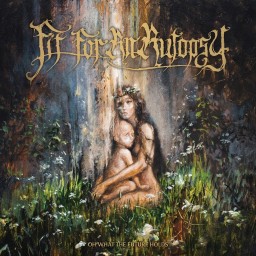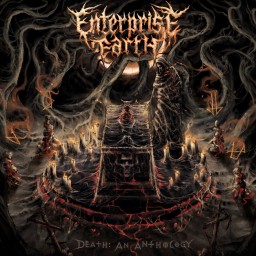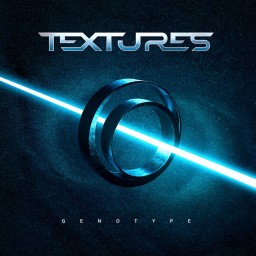Latest Releases See more
Lone Wanderer - Exequiae (2026)
Ratings: 0
Reviews: 0
Norilsk - Antipole (2025)
Ratings: 0
Reviews: 0
Norilsk - Weepers of the Land (2018)
Ratings: 0
Reviews: 0
Norilsk - Le passage des glaciers (2017)
Ratings: 0
Reviews: 0
Norilsk - The Idea of North (2015)
Ratings: 0
Reviews: 0
Elwood Stray - Descending (2026)
Ratings: 0
Reviews: 0
Pregnant Whale Pain - Pregnant Whale Pain (2015)
Ratings: 0
Reviews: 0
Legion, I - Pleiona (2015)
Ratings: 0
Reviews: 0
Pickpocket - Uyan (2013)
Ratings: 0
Reviews: 0
Pickpocket - Hayalle Gerçek Arasında (2008)
Ratings: 0
Reviews: 0
Ring, The - Tales From Midgard (2004)
Ratings: 0
Reviews: 0
Powers Court - The Red Mist of Endenmore (2008)
Ratings: 0
Reviews: 0
Powers Court - Nine Kinds of Hell (2001)
Ratings: 0
Reviews: 0
Powers Court - Powers Court (1996)
Ratings: 0
Reviews: 0
Keen Hue - Ogre King (1985)
Ratings: 0
Reviews: 0
Fossilization - Advent of Wounds (2026)
Ratings: 0
Reviews: 0
Witheria - Infinite Recollection (2017)
Ratings: 0
Reviews: 0
Witheria - Painful Escape (2009)
Ratings: 0
Reviews: 0
Witheria - Infernal Maze (2006)
Ratings: 0
Reviews: 0
Mors Verum - Canvas (2026)
Ratings: 0
Reviews: 0
Polaris Experience - Drifting Through Voids (2026)
Ratings: 0
Reviews: 0
Lance King - ReProgram (2019)
Ratings: 0
Reviews: 0
Lance King - A Moment in Chiros (2011)
Ratings: 0
Reviews: 0
Oculi Melancholiarum - Antheraea (2026)
Ratings: 0
Reviews: 0
Ascending Dawn - Coalesce (2014)
Ratings: 0
Reviews: 0
Arcanorum Astrum - The Great One (2017)
Ratings: 0
Reviews: 0
Arcanorum Astrum - Прозрение (2012)
Ratings: 0
Reviews: 0
Arcanorum Astrum - Кровь и тьма (2018)
Ratings: 0
Reviews: 0
Arcanorum Astrum - Трансформация Разума (2018)
Ratings: 0
Reviews: 0
Vials of Wrath - Remnants for Remembrance (2025)
Ratings: 0
Reviews: 0
Karloff - The Appearing (2021)
Ratings: 0
Reviews: 0
Polaris Experience - Drifting Through Voids (2026)
Ratings: 0
Reviews: 0
Witheria - Infinite Recollection (2017)
Ratings: 0
Reviews: 0
Witheria - Devastating Return (2014)
Ratings: 0
Reviews: 0
Witheria - Vanishing Order (2011)
Ratings: 0
Reviews: 0
108 - Curse of Instinct (1996)
Ratings: 0
Reviews: 0
108 - Creation. Sustenance. Destruction. (2006)
Ratings: 0
Reviews: 0
Return From Exile - Return From Exile (2009)
Ratings: 0
Reviews: 0
Return From Exile - Consumed (2008)
Ratings: 0
Reviews: 0
Return From Exile - Destroying the Evolution of a Shallow Existence (2007)
Ratings: 0
Reviews: 0
Psychopomps - Six Six Six Nights in Hell (1995)
Ratings: 0
Reviews: 0
Psychopomps - Pro-Death Ravers (1993)
Ratings: 0
Reviews: 0
Ad Inferna - Trance:N:dance (2009)
Ratings: 0
Reviews: 0
Elyose - Reconnexion (2018)
Ratings: 0
Reviews: 0
Elyose - Ipso facto (2015)
Ratings: 0
Reviews: 0
Clans
Latest Reviews See More Reviews See More Ratings
Those last couple reviews for albums by Enterprise Earth and Fit for an Autopsy were my attempts at checking out the progressive side of deathcore, ending with fantastic results. Now we're going into the more nu-ish deathcore bands. I've actually heard of The Last Ten Seconds of Life before this review because of my brother's friends likes that band, along with a few of their tracks being added to my Revolution playlists, but that band was too brutal for me at the time. Maybe I can enjoy the brutality more now...
The metalcore/deathcore scene expanded a lot throughout the new millennium. Some might find some bands listenable, while others don't. This Pennsylvanian band storms through with some of the most aggressive riffs, breakdowns, and vocals you can imagine. Any open-minded heavy modern metalheads can recognize their strong talent.
"As the World Turns Over" begins their brutal nu metal-ish direction. The vocals sounds so monstrous! "The Box" has more massive guitar assault as the near-undecipherable lyrics growled by then-vocalist Storm Strope bite religion in the a**. Leaning into post-hardcore a bit is "North of Corpus". Then "Meant to Be Free" is covered in sinister riffing and breakdowns that are more horror-filled than The Exorcist.
"Guillotine Queen" has more of those growling vocals blended with whispering. Speeding up a little is "Pain is Pleasure" with powerful atmosphere. "Ballad of the Butcher" has all the different extreme aspects deathcore has. "Sacrifice (The Prince)" is so d*mn perfect, absolutely impressive with the brutal music and irreligious lyrics. F*** yeah!
"Changing Forms" continues the harsh growling and crushing guitars. We actually get a blues rock-sounding solo in the lighter yet ominous "Heavy Headed". Next up, "Junkie - Sprite" is an interesting highlight. Although they're still deathcore, that one leans into some of the chaos of Car Bomb while staying in a mid-tempo pace close to the industrial groove of Fear Factory and Mnemic. Finally, the vocals have more effect in "The Dream is Dead" which returns to the earlier brutal heaviness.
In a world where melodic pop songs have influenced even metal bands, The Last Ten Seconds of Life avoid those influences like the plague. Soulless Hymns is filled with heavy rage not for the faint-hearted. Anyone up for some brutal fury should take on these hymns of destruction....
Favorites: "As the World Turns Over", "The Box", "Meant to Be Free", "Ballad of the Butcher", "Sacrifice (The Prince)", "Junkie - Sprite"
The newest record from Swedish death doom duo Enshine is a pretty decent, if a little slow. I was worried about this album at first as the first two tracks didn't do anything for me. "Heartbliss" in particular had that really out of place transition between two different songs halfway through, before becoming a guitar solo for the remaining two/three minutes. "Distant Glow" was a bit of an eye opener. For one, it's entirely instrumental and secondly, it's the best track on the record. I was going to highlight this review with some snarky remark of "if you're best track on the album is the instrumental interlude, we're gonna have a serious problem" but that's not actually what happened. You see normally with these death/doom albums they start strong and lose momentum in the second half. As the album becomes more moody in its second half, it becomes considerably better. The slower tempos of "The Purity of Emptiness" and "Reignite" and the ample space given out by the vocals cause these songs to feel more lived in and do not feel forced like how "Heartbliss" or "Where the Sunrise is Felt" do.
This is a decent enough of an album if you can overcome the slog it takes to get going.
Best Songs: Distant Glow, The Purity of Emptiness, Reignite
Fit for an Autopsy is one of those bands I had never really thought of listening to. Likely because at the time this album came out, I was still quite selective about deathcore. I wasn't up to trying the more brutal bands, or at least sounding brutal in the name, like Fit for an Autopsy. So far, all I heard about their 2022 album Oh What the Future Holds is that apparently they took a more atmospheric progressive direction. Well, seeing how much I love the new Enterprise Earth album, let's not waste any more time...
You have no idea how quickly my interest went up in Fit for an Autopsy's music. Sure, many people have started their FFAA journey with The Great Collapse of The Sea of Tragic Beasts, but Oh What the Future Holds pretty much kickstarted it for me in an instant. Any doubt I have for this band is long gone!
Sounding unpleasant yet beautiful, the opening title intro will have you at the edge of your seat. After some ambient piano, it explodes into an intense barrage of vocals and riffs. "Pandora" is where everything hits full charge. The chaotic rhythms and dramatic melodies fit well together, alongside lyrics like "Too many graves, not enough shovels". Then "Far From Heaven" is more groove-ish in the riffs and drums. The chorus is well-paced, and the song gets more destructive all the way up to a brutal breakdown.
"In Shadows" is absolutely hammering! Nothing but relentless darkness to destroy all in its path. "Two Towers" has more smooth melody before it snaps back into aggressive heaviness. "A Higher Level of Hate" has more frantic riffs, drums, and vocals, all of which make another powerful highlight.
"Collateral Damage" is even more monstrous. You can witness a huge firestorm of blast beats, vocals, and leads, swirling around and burning different lands beneath. "Savages" attacks with savage technicality to headbang to. "Conditional Healing" continues the explosive energy. "The Man That I Was Not" is an awesome 7-minute closing epic. It impresses me with the alternation between cleans and growls. Just like the 7-minute closing epic of that Enterprise Earth album, it is the "best for last"!
This kick-A masterpiece that is Oh What the Future Holds has nothing filler at all and has allowed me to hear the top-notch talent of Fit for an Autopsy. I'm pretty much THIS close to letting it surpass Lorna Shore's Pain Remains as the best deathcore album of 2022. Indeed the future of deathcore holds great promise!
Favorites: "Pandora", "In Shadows", "A Higher Level of Hate", "Collateral Damage", "The Man That I Was Not"
Is it just me or was my deathcore exploration very quiet during these past few months since the release of the new Lorna Shore album? I've already made Make Them Suffer's debut Neverbloom a feature release, but for anything new or not yet heard by me, the well was run dry... Until a few awesome discoveries have popped up that made this a promising year for my deathcore journey. This 2024 Enterprise Earth album is the first of those discoveries, and my first deathcore review of 2026!
Death: An Anthology has made me remember that deathcore doesn't have to be symphonic to make a masterpiece. Throughout its literal hour of power, the brutality of the genre hits you hard while spreading into technicality and even some of the deep downtuned stylings of djent and some bright melody here and there.
There's still some orchestral beauty in the intro "Abyss" that includes synthesized vocal harmonies and guitar melodies, almost like the missing link between Cynic's first two albums. Of course, the savagery you'll soon witness will be far beyond what Cynic can do. It all crashes in with the vicious "Face of Fear". This chaotic blend of deathcore and elements of technical mathcore pretty much separates this band from the league of deathcore bands that take on the symphonic blackened approach. Then out of nowhere comes an epic clean chorus. "The Reaper’s Servant" continues the chaos, this time blurring the lines between brutal deathcore and melodeath. Adding to the massacre is the guest vocals by Darius Tehrani of Spite. "Spineless" starts off beautiful but then unleashes seething anger in the music and lyrics, "You spineless sack of festering sh*t!"
The djenty "King of Ruination" is basically full-on Meshuggah gone deathcore. It also has guest vocals by Shadow of Intent vocalist Ben Duerr, and it's probably the first track I've heard with his vocals that doesn't have any orchestrations. I love it! Next track "Casket of Rust" is one of two epics surpassing the 7-minute mark in length, and it further shows the band's tech-deathcore side. "I, Divine" blends their deathcore with some melodeath from Soilwork and even Hinayana with its occasional doomy melody. Leveling up the moshpit is "Malevolent Force" which is an absolutely grand smasher with some guitar soloing by Wes Hauch (Alluvial).
"Accelerated Demise" is a progressive instrumental almost like what BTBAM would make. A fun instrumental! Then "Blood and Teeth" may be the closest we have to a deathcore ballad, though the ravaging destruction is still around at times. "Curse of Flesh" is a kick-A 7-minute epic, again making the "best for last" aspect in some albums from deathcore and other genres. I absolutely enjoy the guest appearance by Trivium's Matt Heafy.
For those who think this offering lacks focus and is too pompous, you may want to reconsider that thought. It's not everyday a deathcore band can blend together elements of many genres into their sound, and that should be praised. With Death an Anthology and other epic masterpieces in these past couple years, there is a future for deathcore!
Favorites: "Face of Fear", "King of Ruination", "Casket of Rust", "Malevolent Force", "Accelerated Demise", "Curse of Flesh"
Who had a Textures reunion and album on their 2026 bingo card?
I've enjoyed Textures in the past. Their brand of progressive djent metal was quite unique at the time where the rhythmic breakdowns were an integral part of the songs instead of being some kind of obtuse metalcore breakdown. Dualism is still annual listening material to this day and a go to recommendation when people ask me what to start with when listening to quality djent music (with it being so few-and-far between quality releases anymore). But Textures were a band who probably never got the respect they deserved when it came to songwriting and a decade long wait between Genotype and Phenotype left a lot of people what could possibly happen here? Judging by the album title, you might expect this to be some kind of sequel to the previous album, but one playthrough and you can tell that this is not Textures status quo.
It took me a while to figure out why I didn't like Genotype at first. My first instinct was that the songwriting had taken a tremendous downturn over the last ten years. Instrumentals that felt like they were full of character have been replaced with stock djent grooves and heavy vocal focus and layering. The vocals have become fry and exhaustive instead of the mellow and almost harmonic texture of previous releases. After a while, I started making comparisons to the band Northlane, specifically the 2022 record Obsidian. Northlane changed their sound considerably from a traditional metalcore with djent to something that was far more atmospheric with Obsidian. After that comparison was made, any attempts by Genotype to impress me were immediately squashed.
Northlane's Obsidian has influence from Textures if you know where to look. The songs were more pop oriented than Dualism, but they could get away with it thanks to heavier roots and strong vocal performances from Marcus Bridge. Textures tried mutating Obsidian back into a Textures album and the result is lacking; the fundamentals are very pedestrian, the vocals of Daniël de Jongh are uninspired; as mentioned before, lots of shrill high singing and harsh vocals don't fit Textures at all, and the melodies between the guitar and vocals are bland.
In a way, I see Genotype as the antithesis to Tool's Fear Inoculum (I sure hope that I don't have to reference that album too many more times this year!) Textures are a band that had a good thing going. Then they disbanded, and then they came back trying to be something that they are not. The end result is disappointing. This band, who have been out of action for nearly a decade, try to keep up with the modern day progressive/djent trends and ironically, lost the feel of what Textures was all about.
Best Songs: At the Edge of Winter, Vanishing Twin, A Seat for the Like-Minded

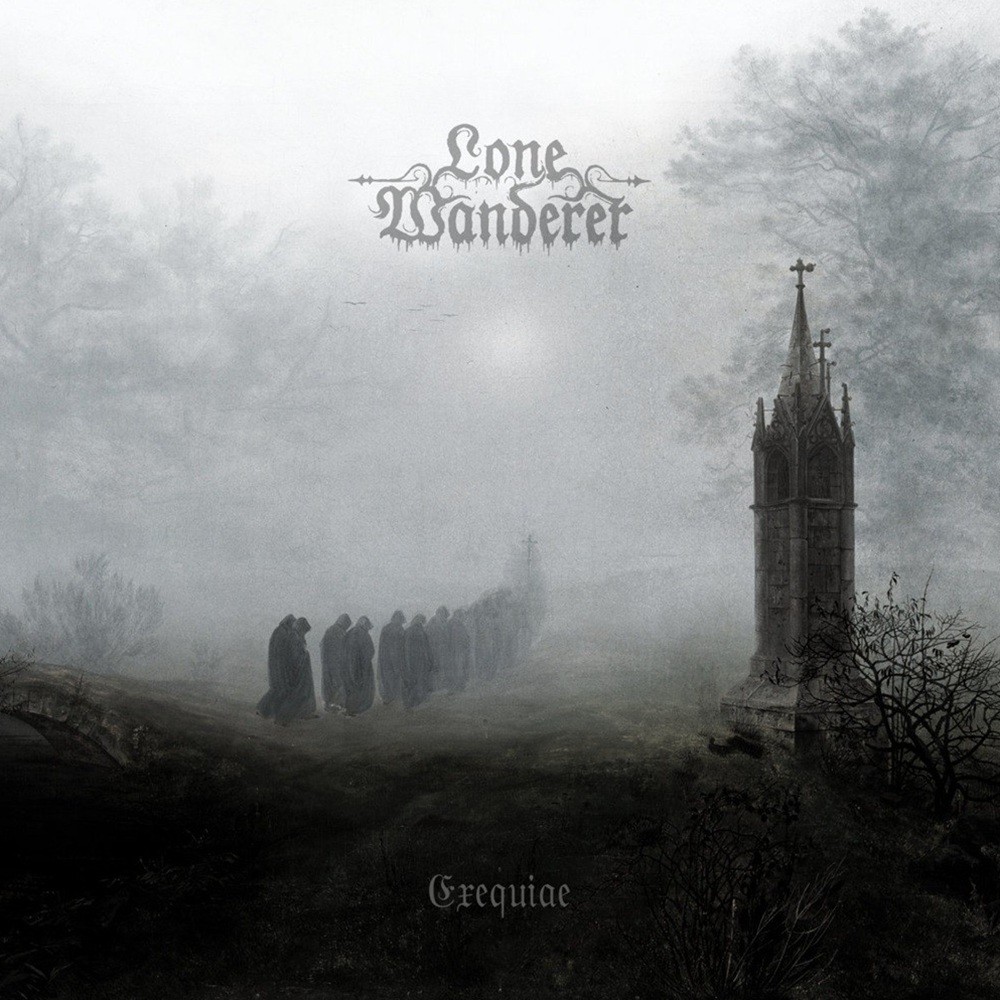
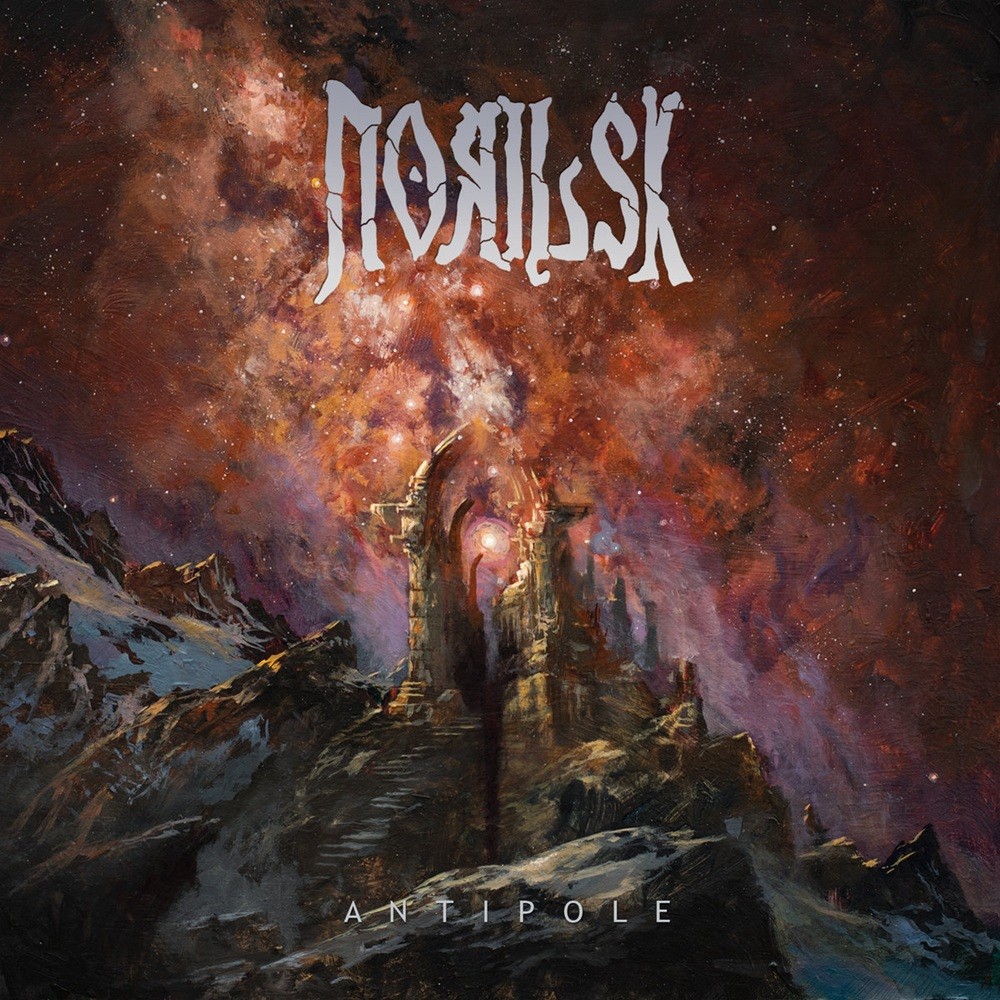
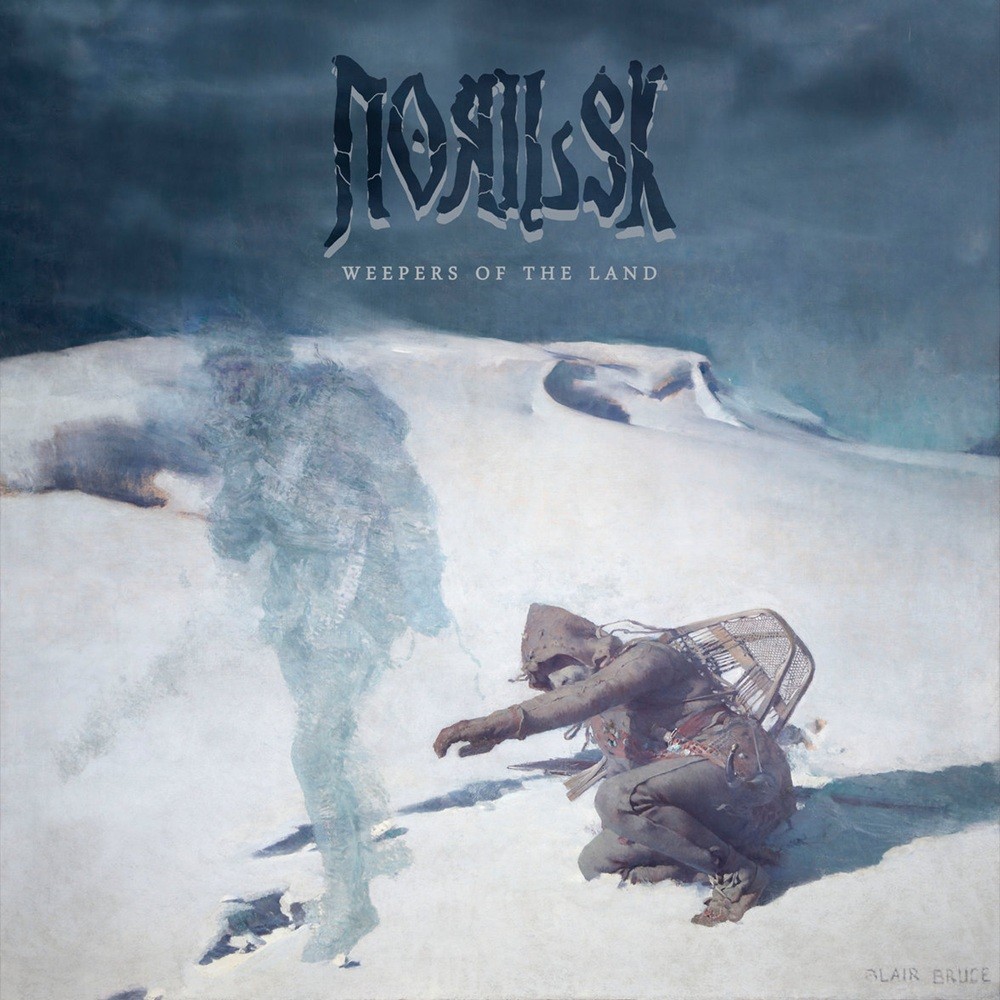
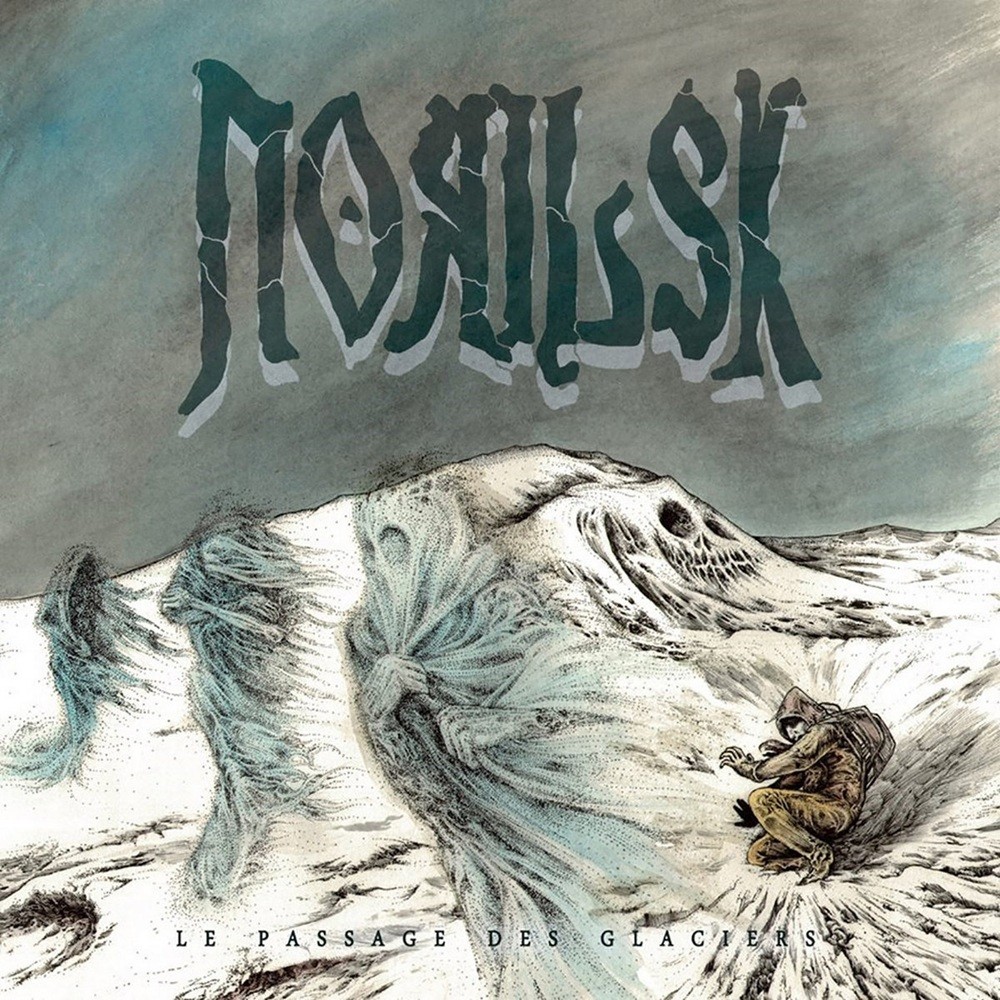
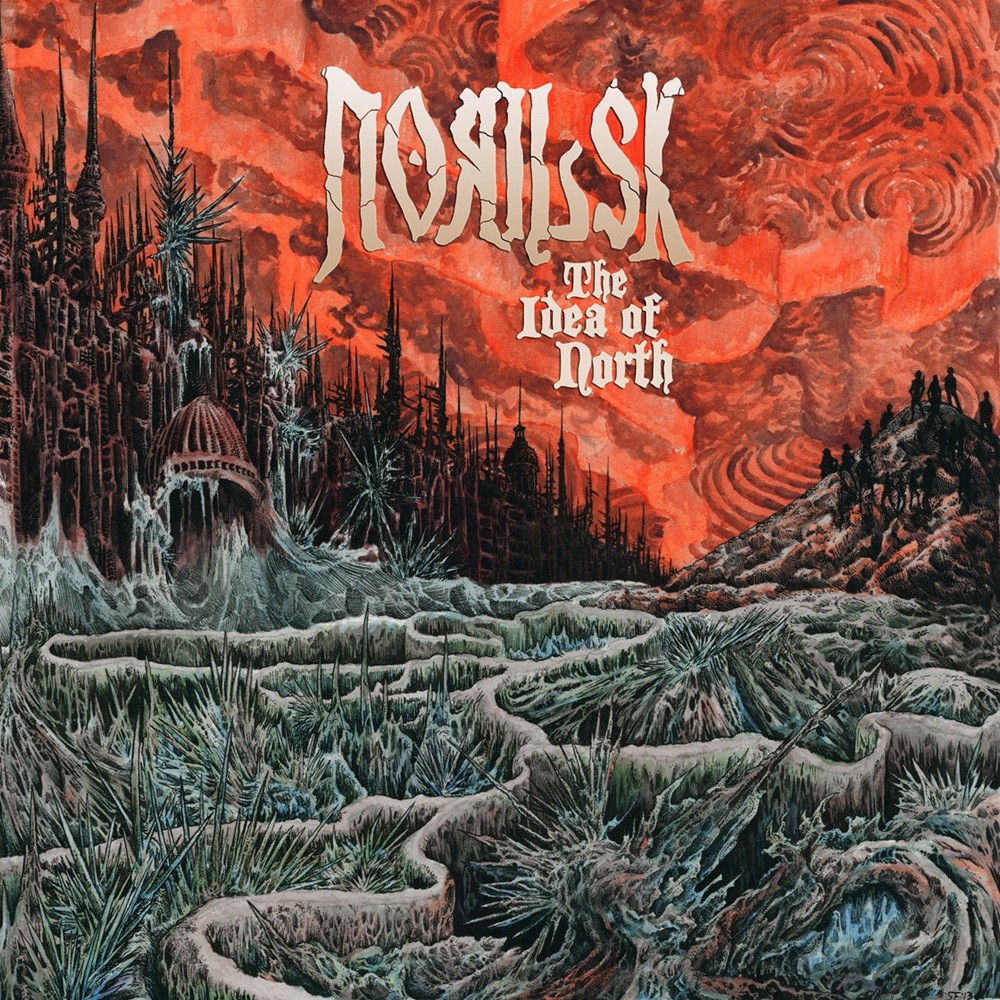
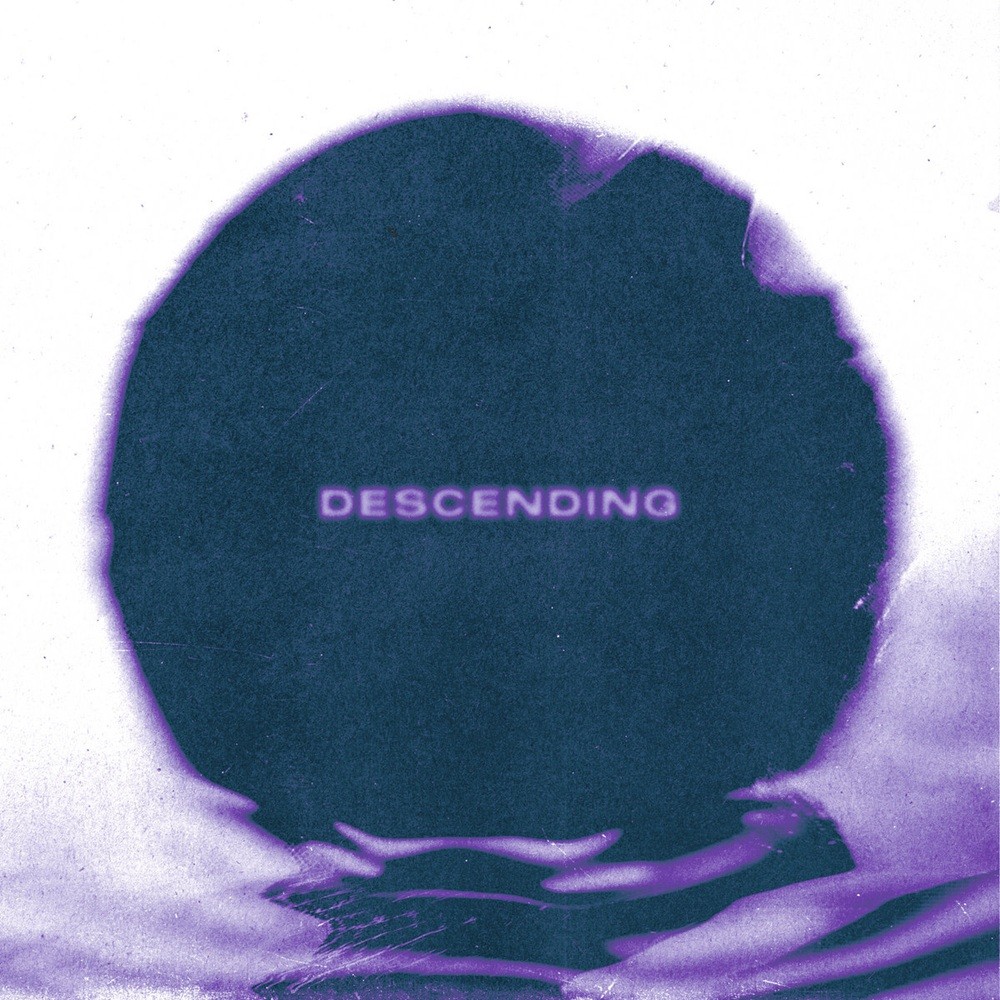
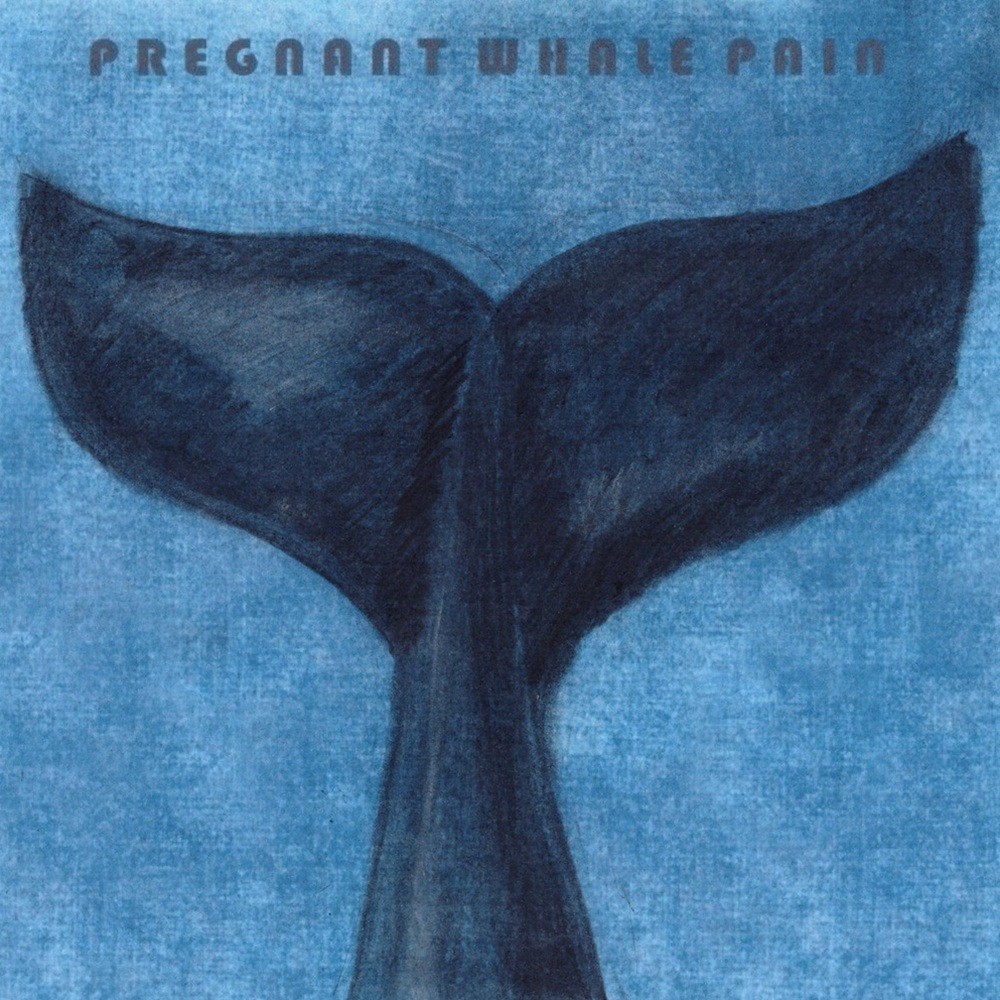
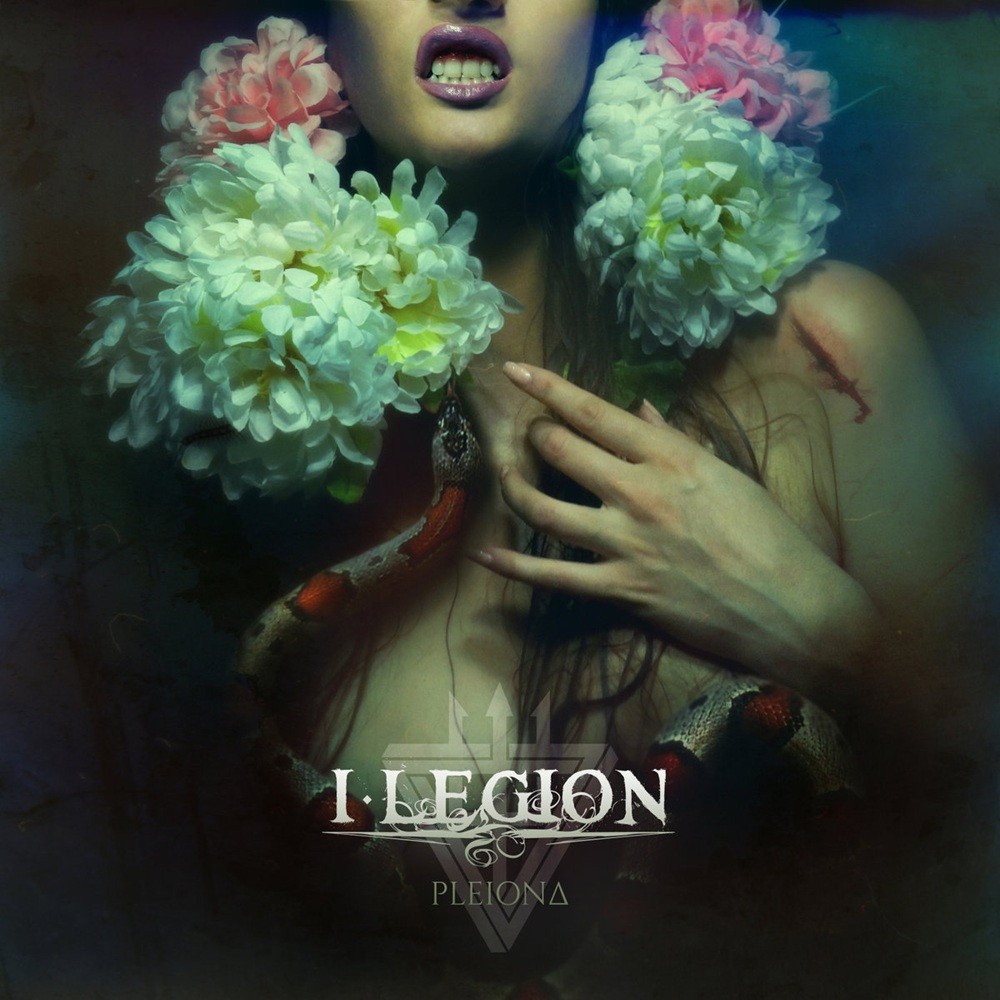
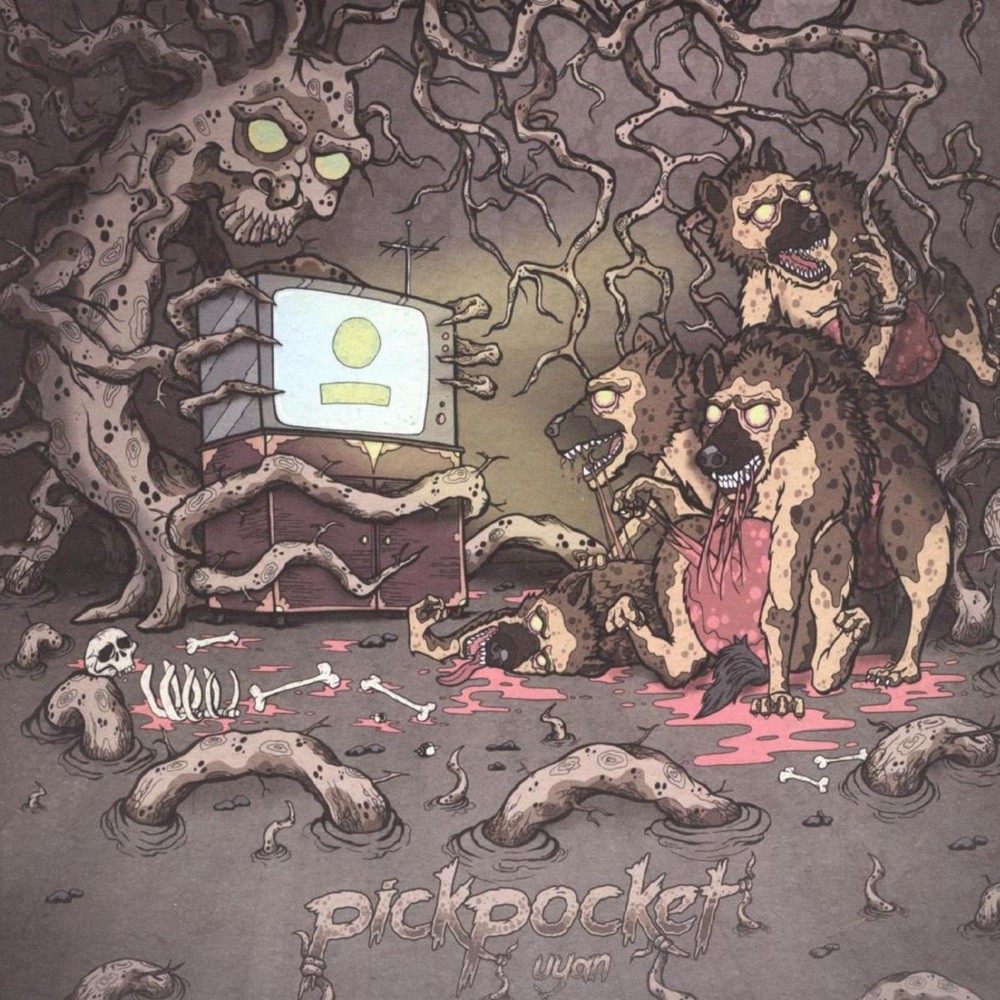
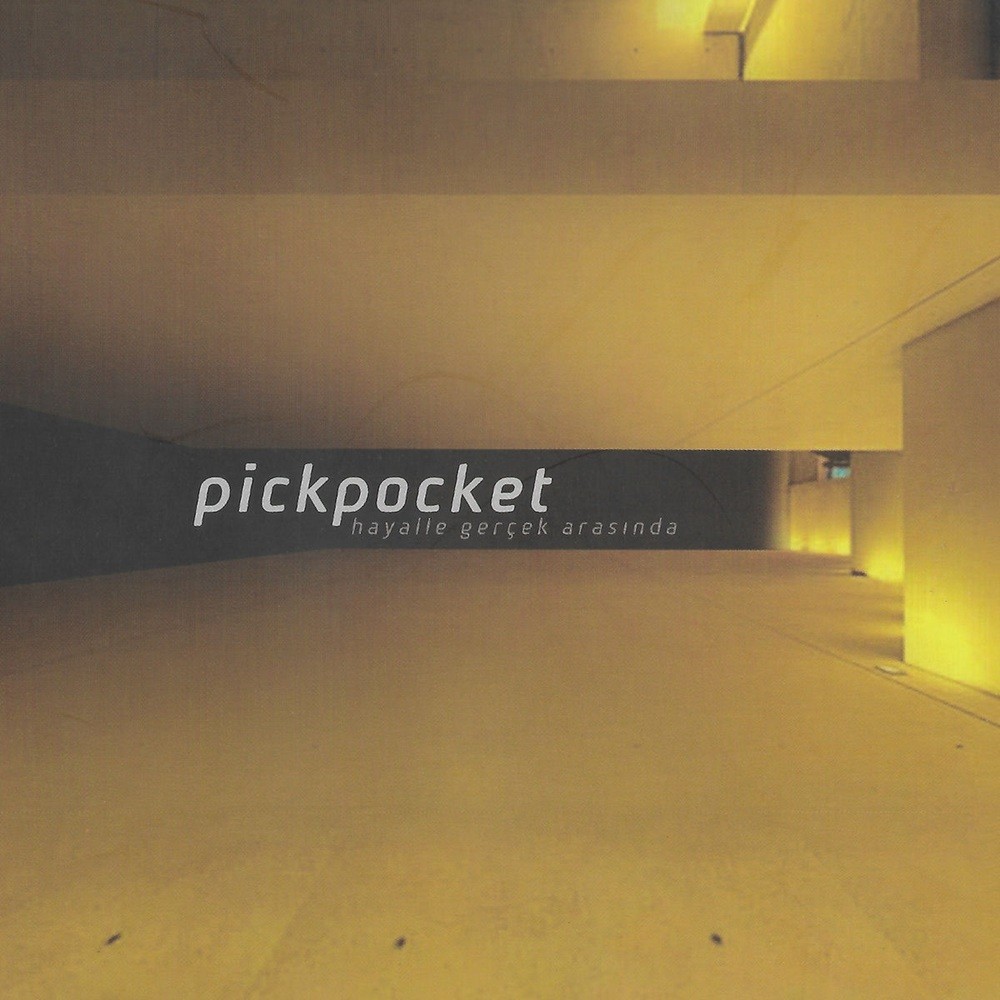
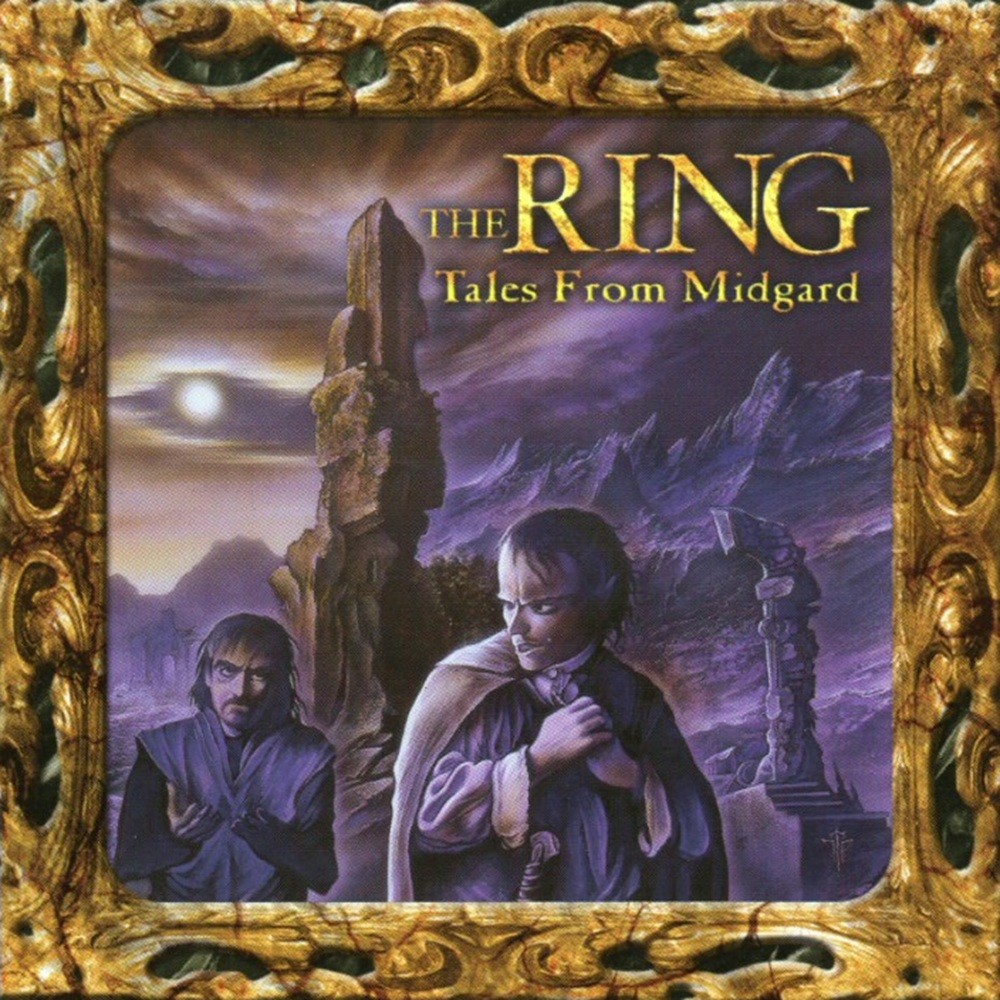
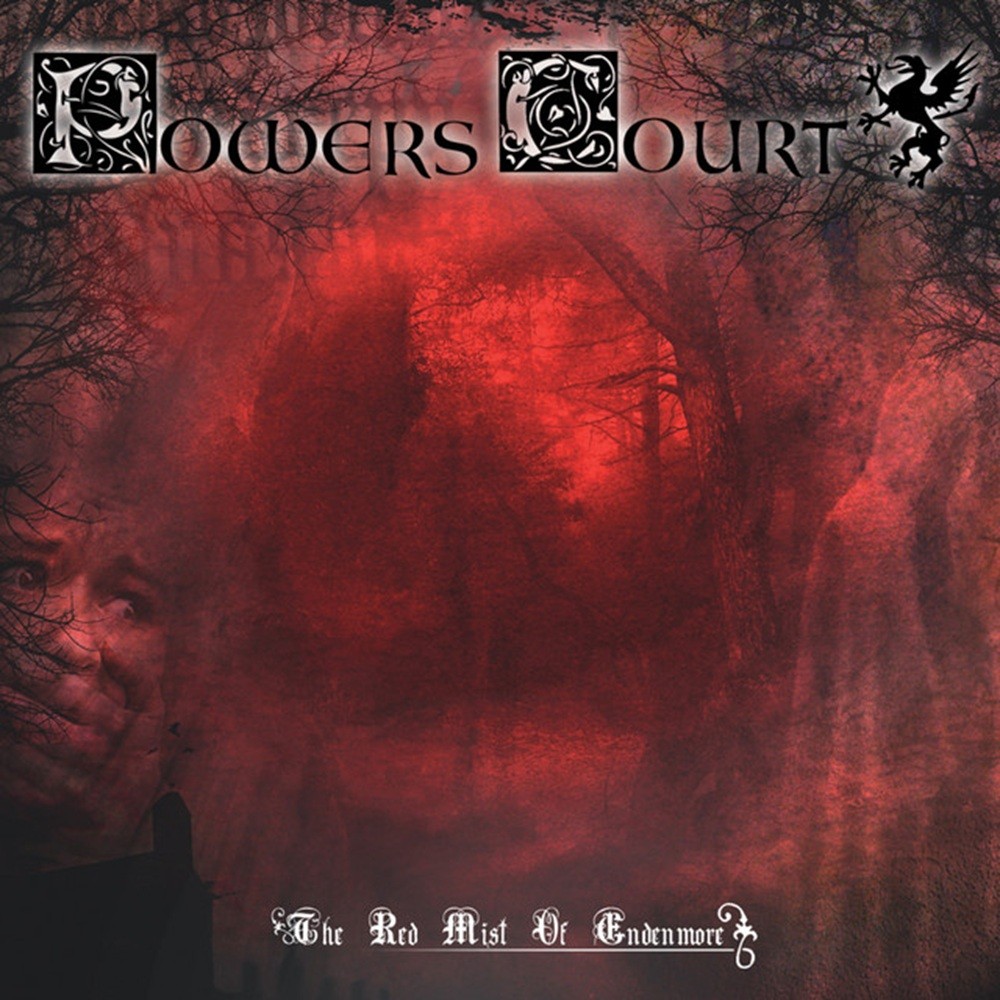
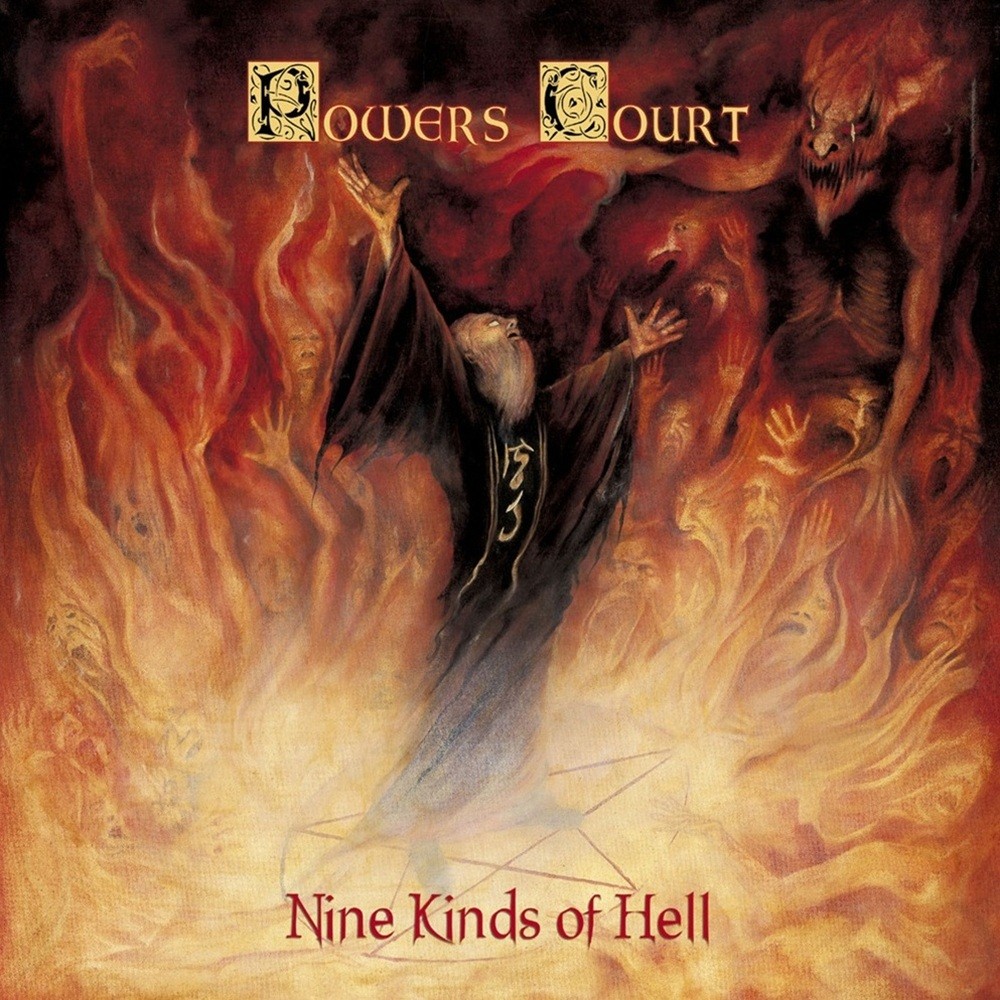
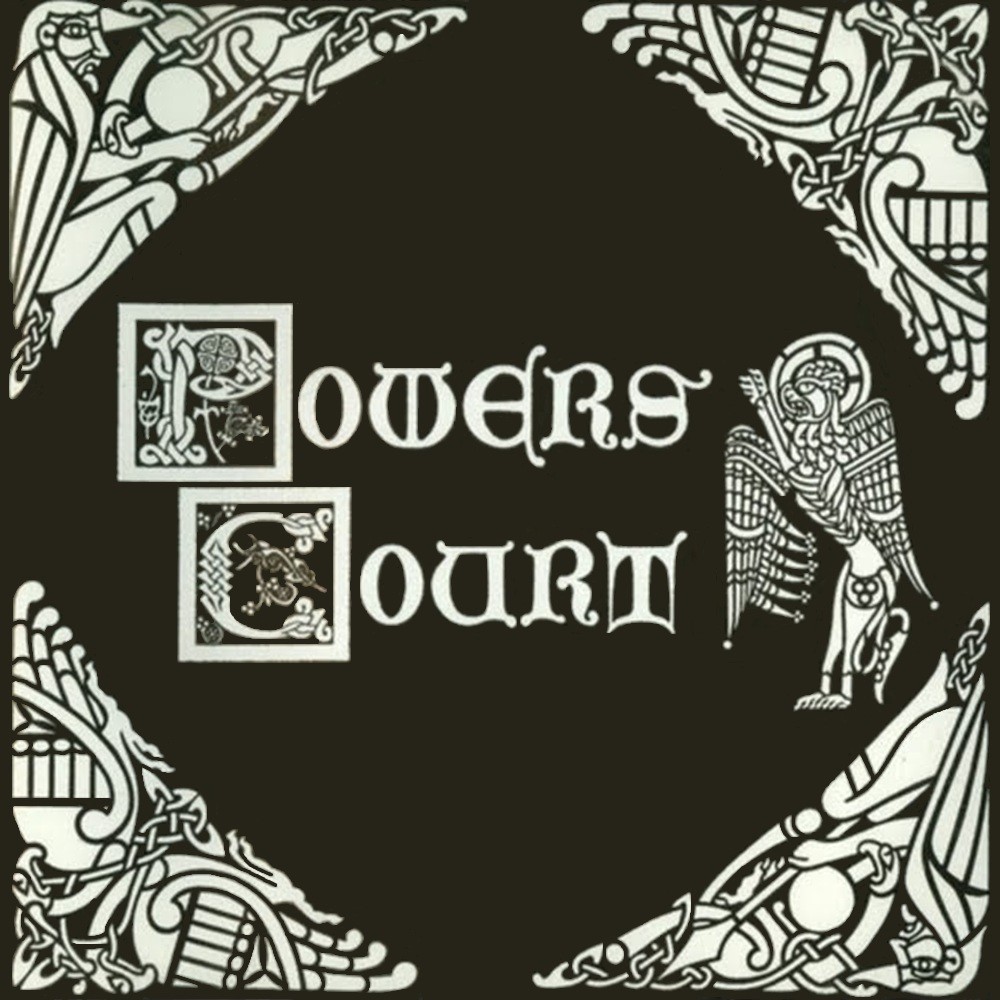
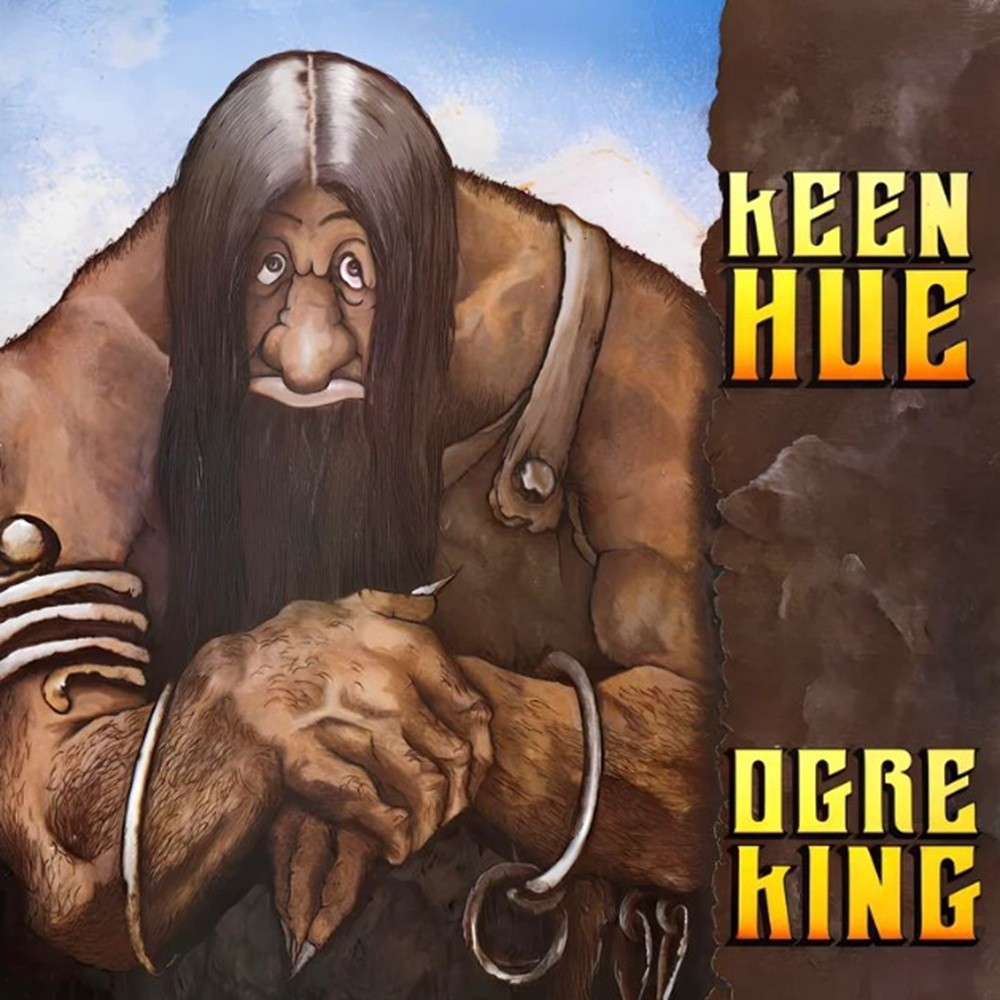
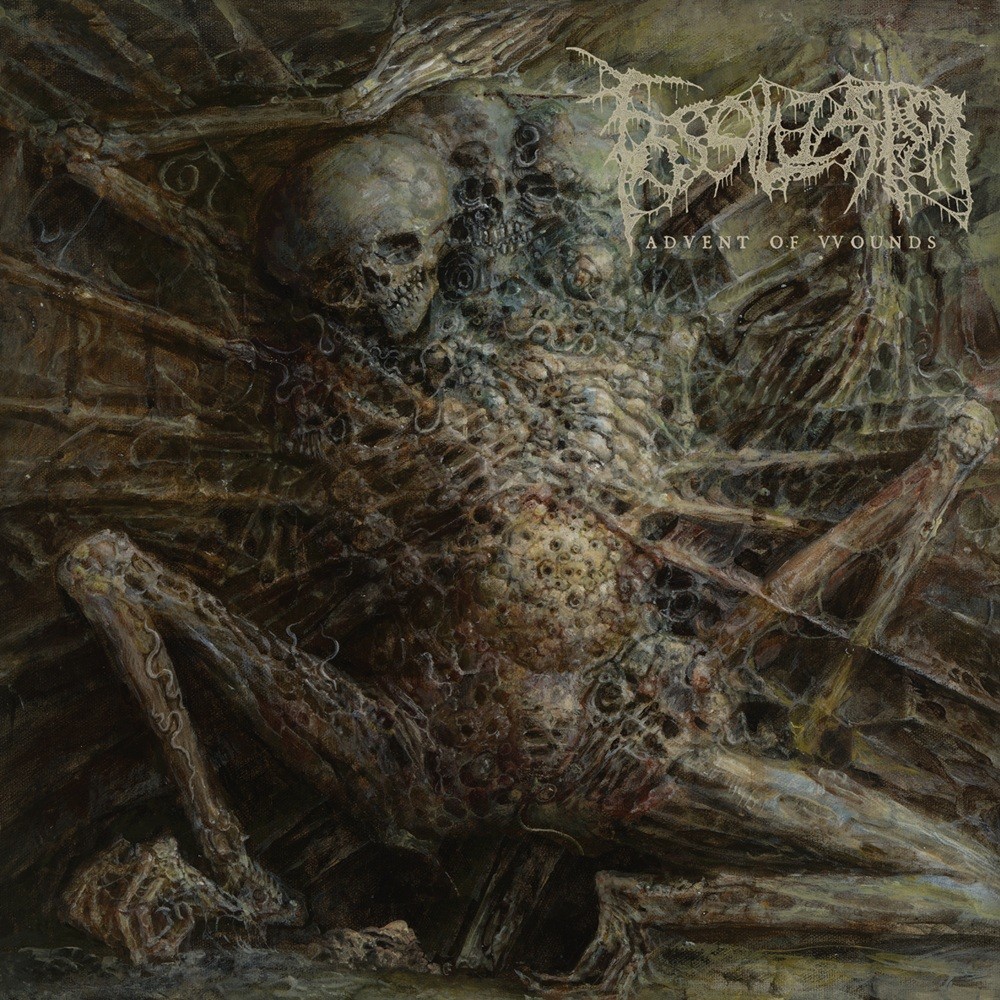
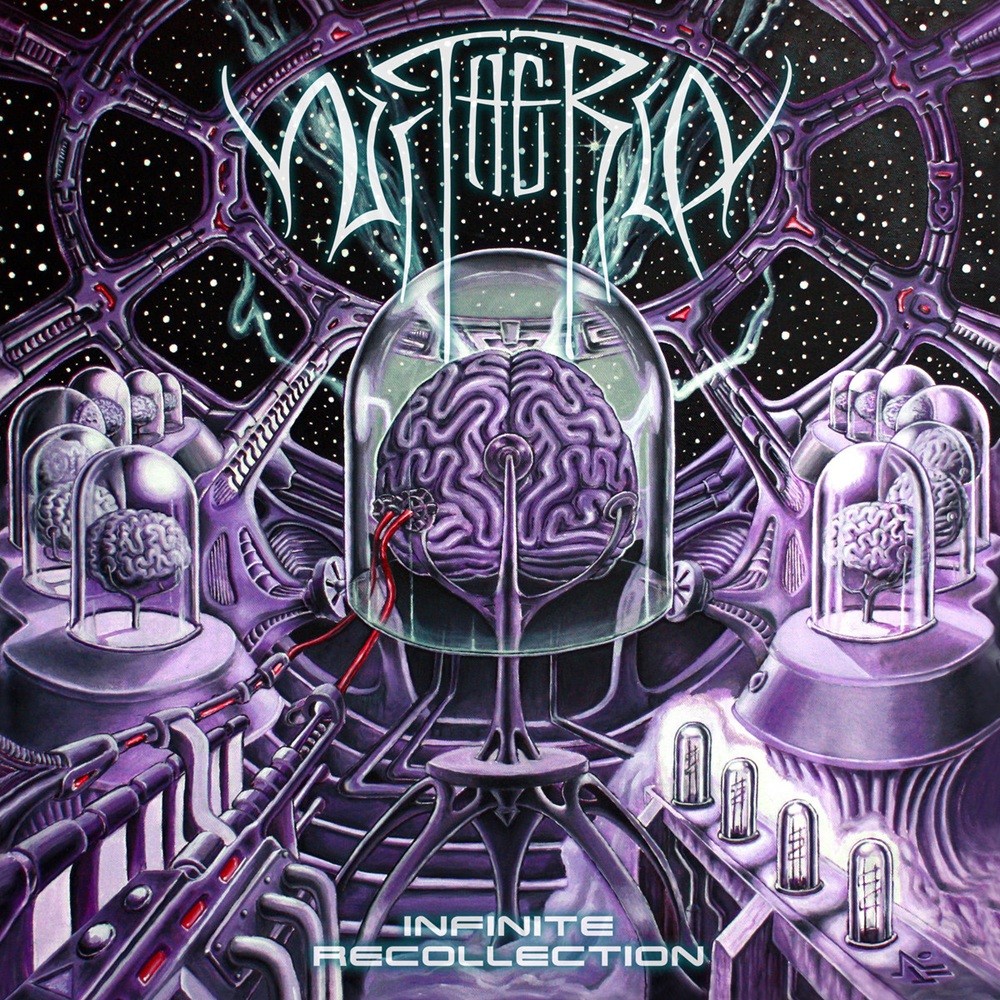
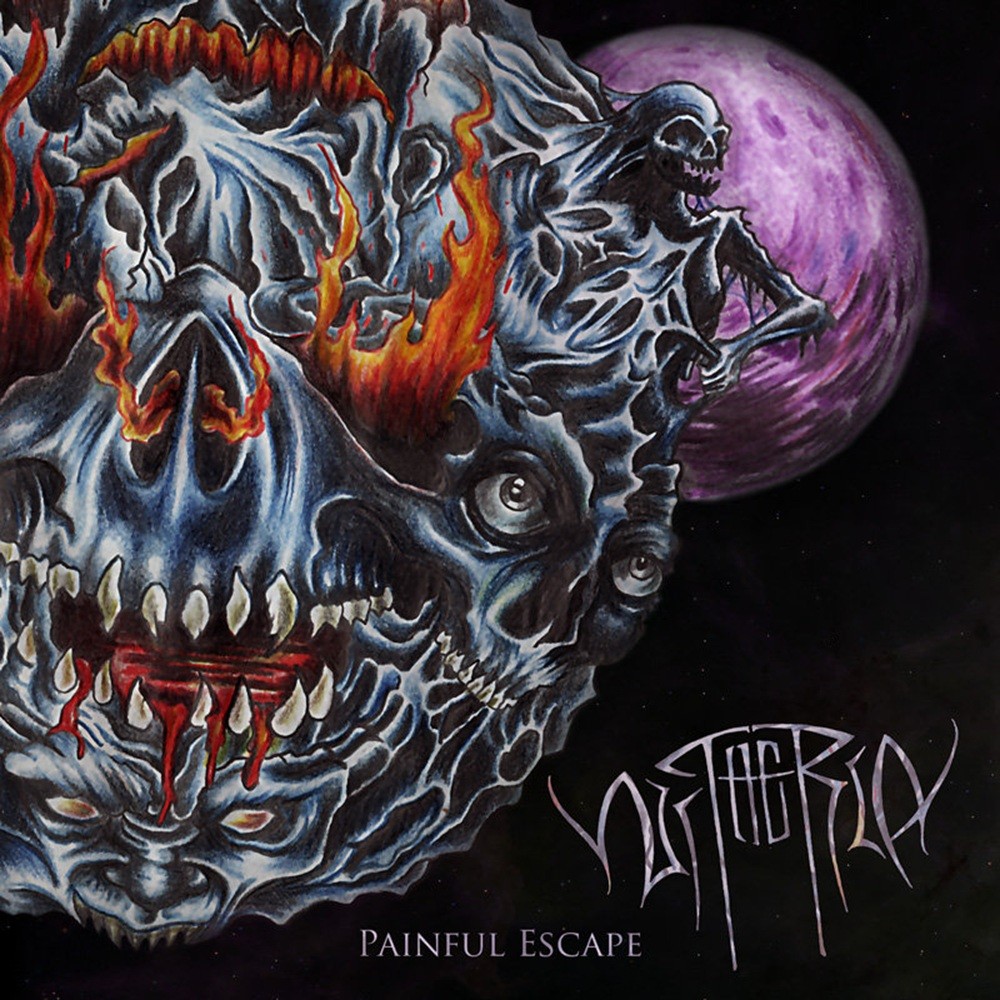
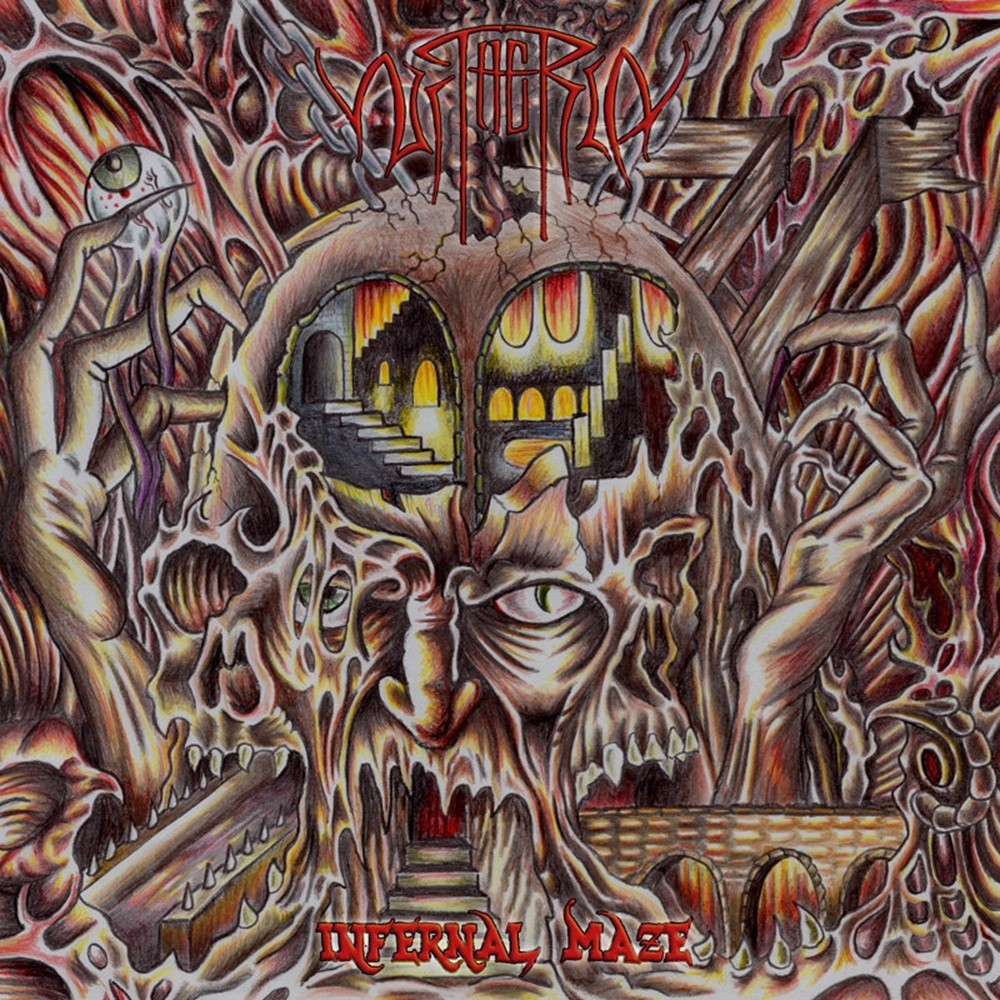
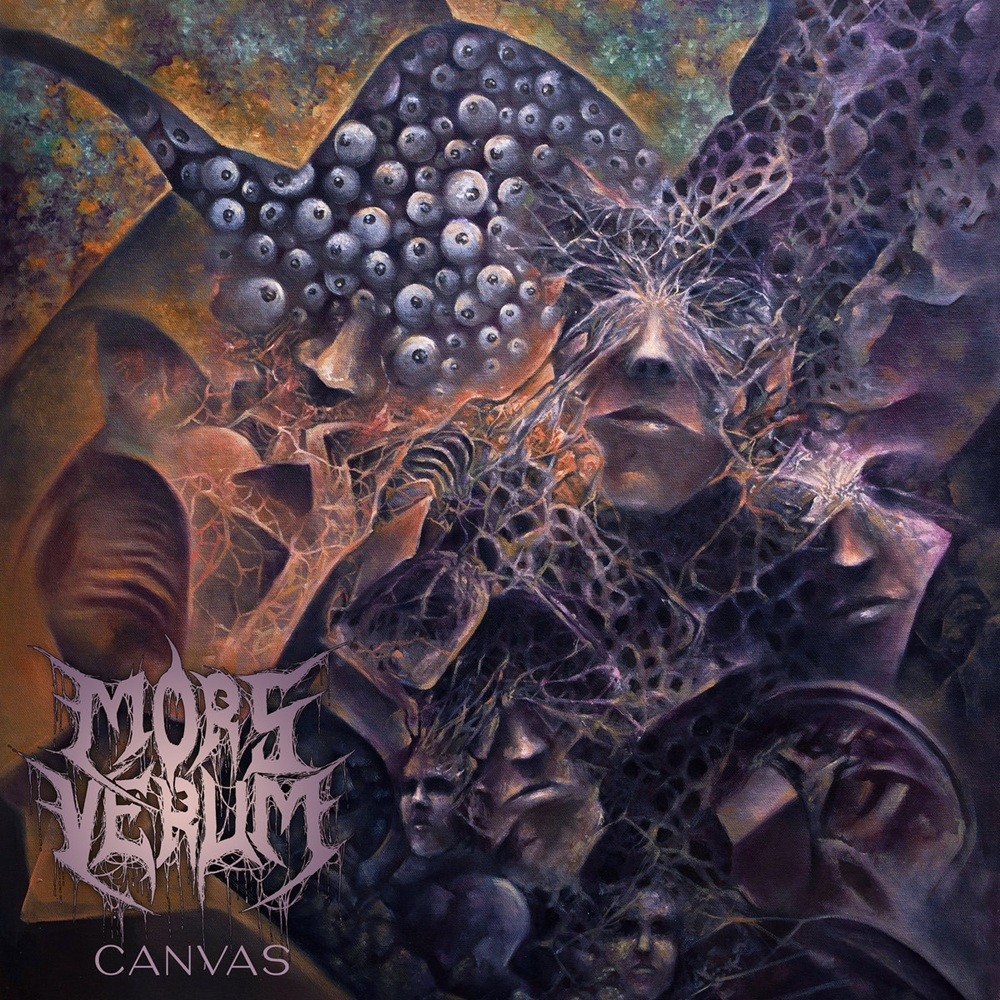
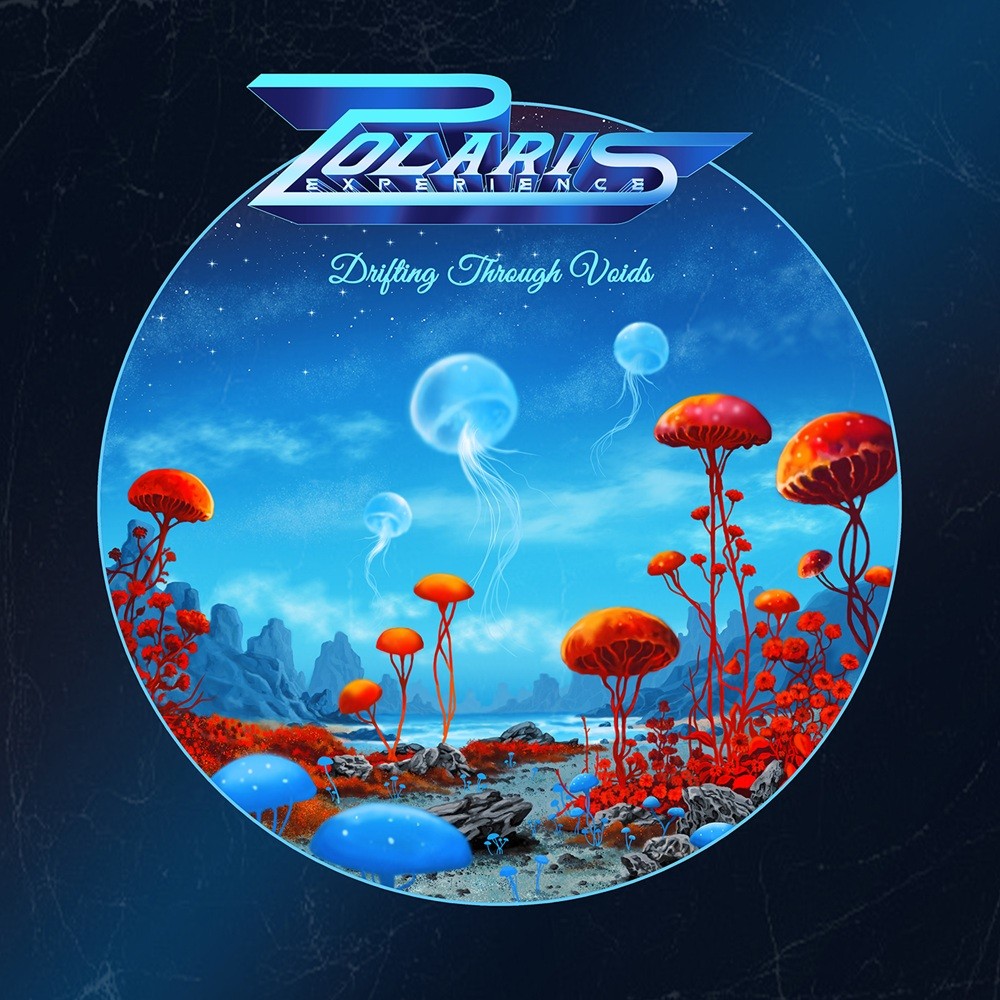
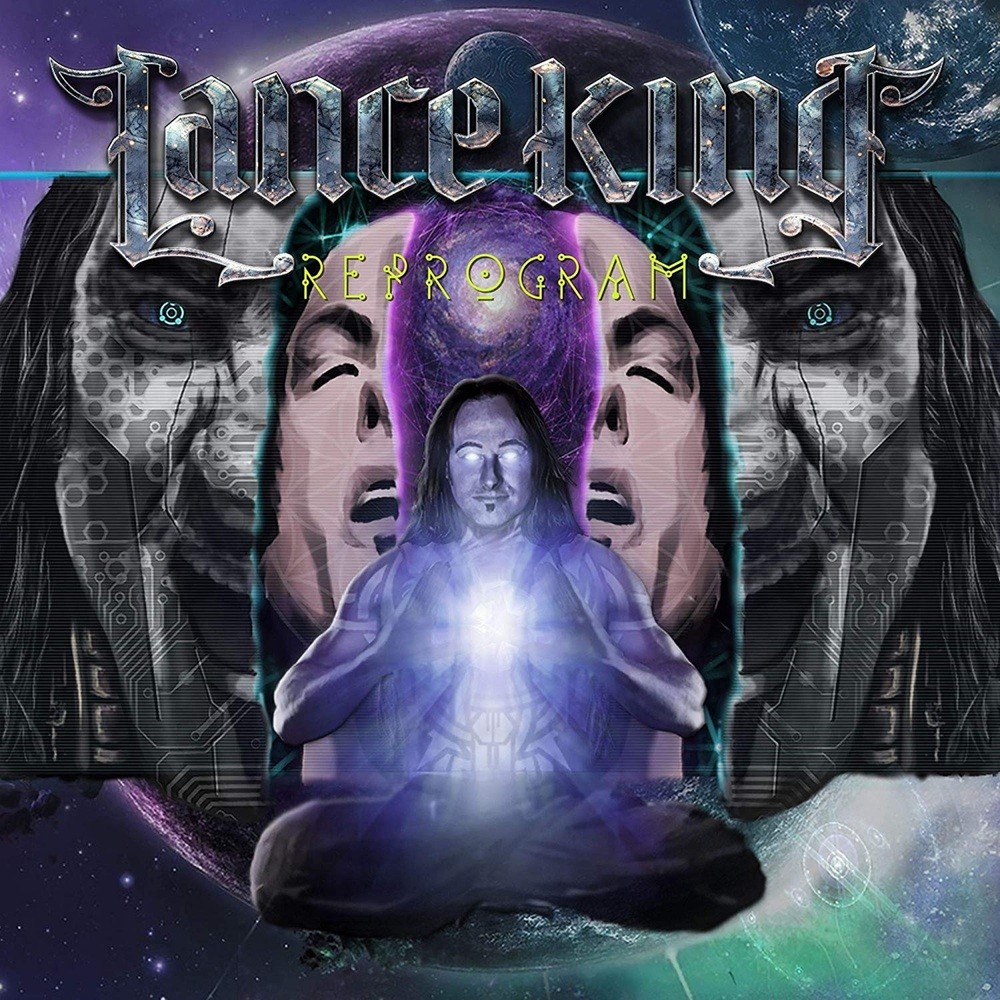
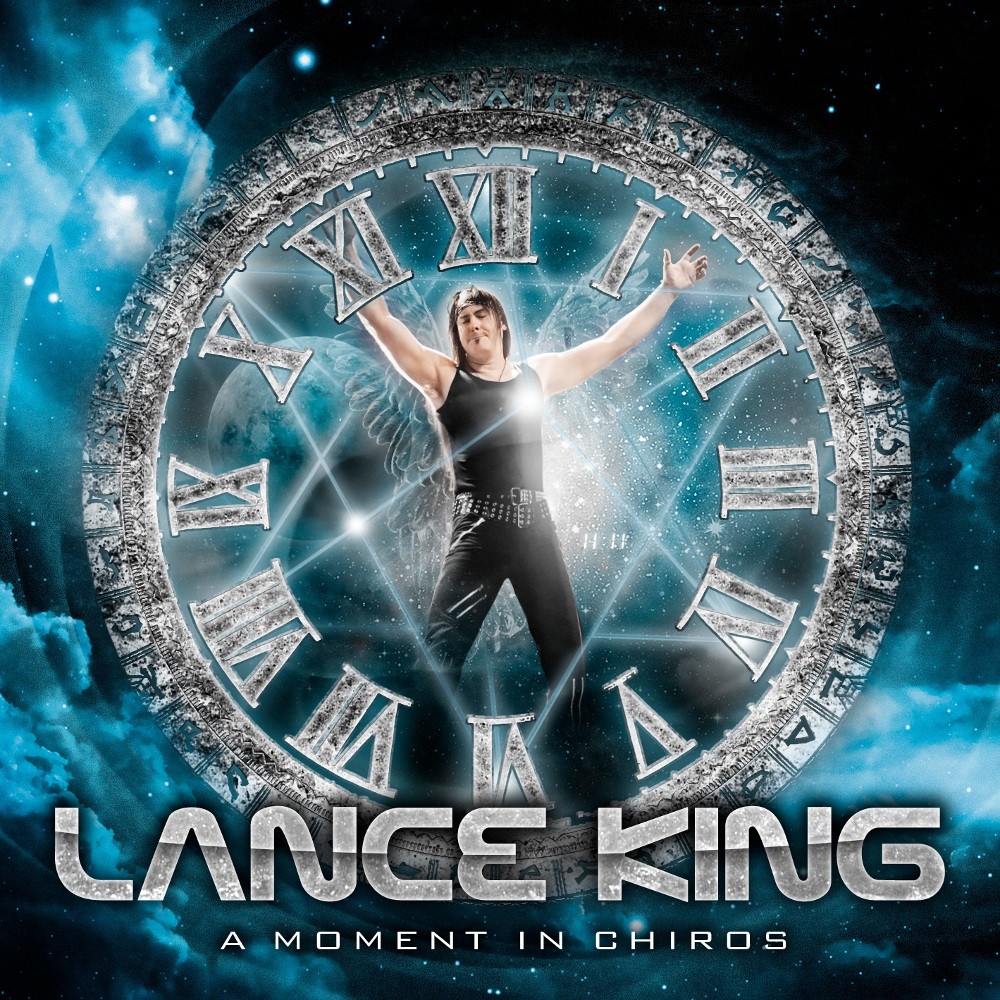
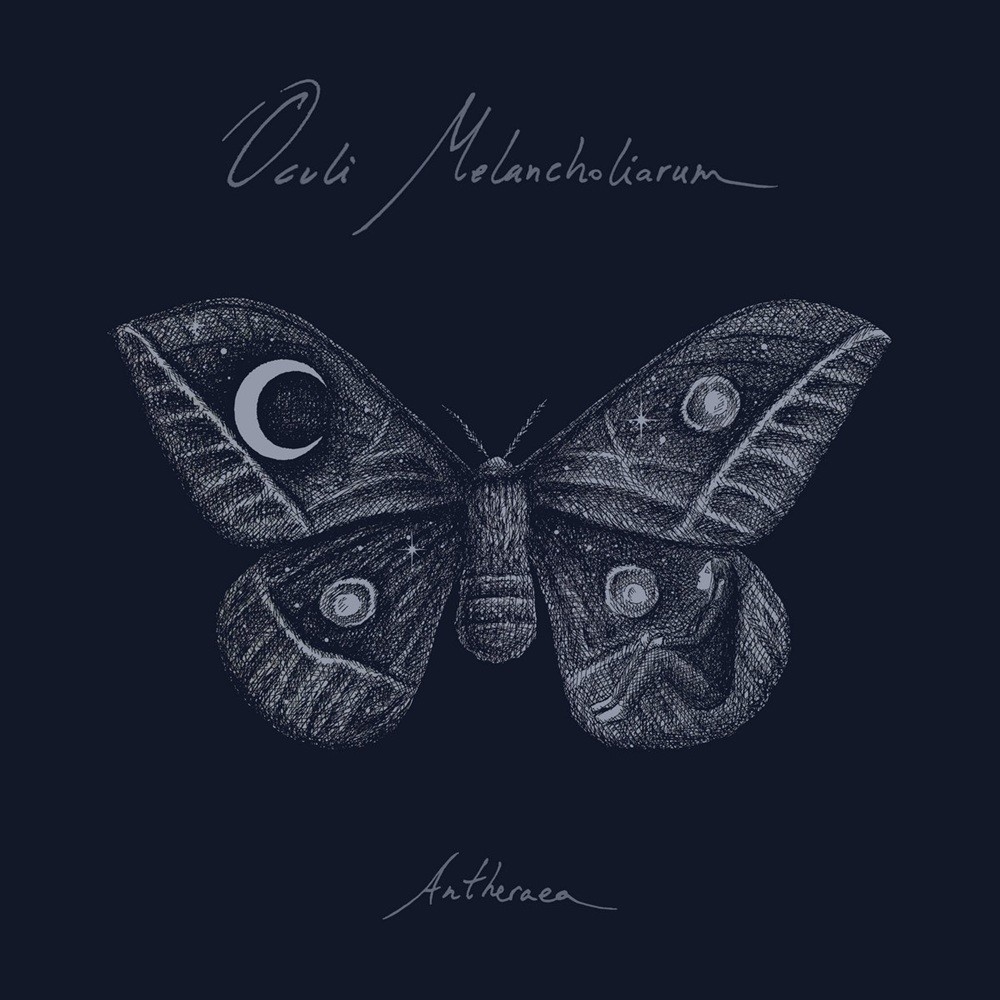
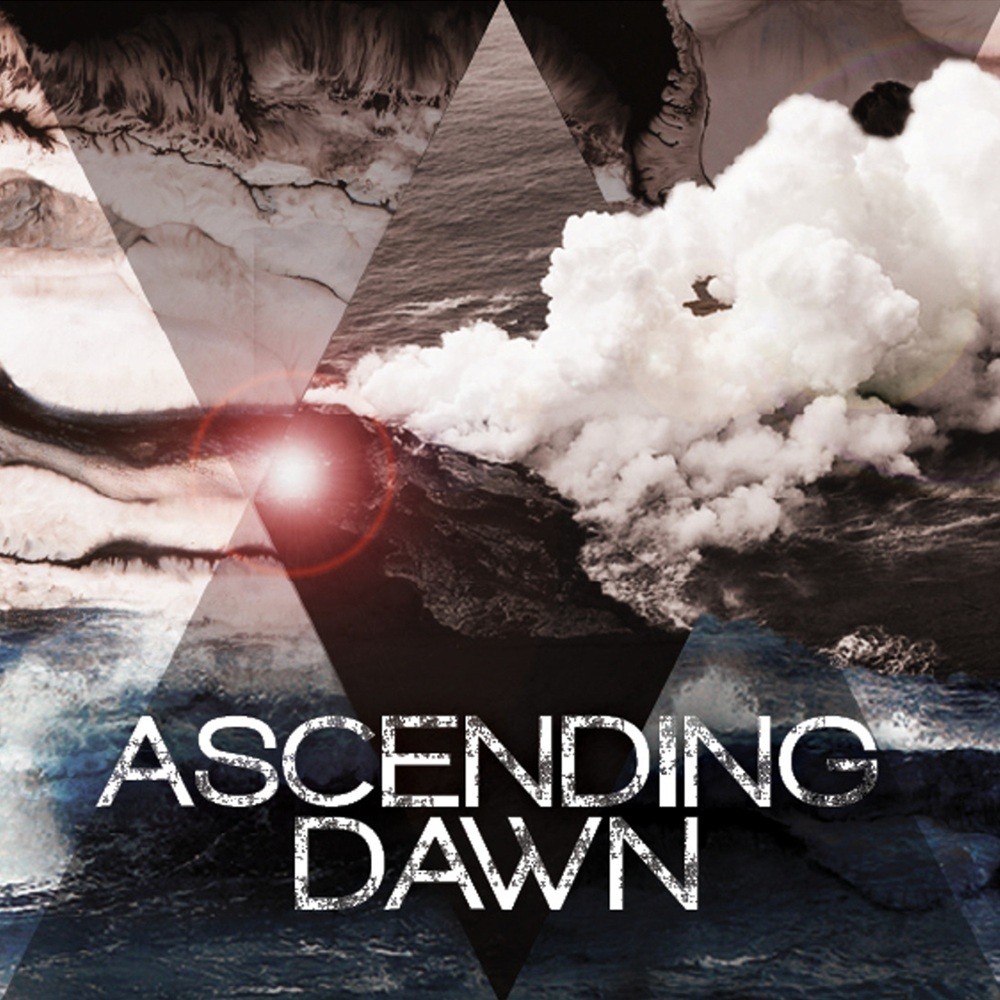
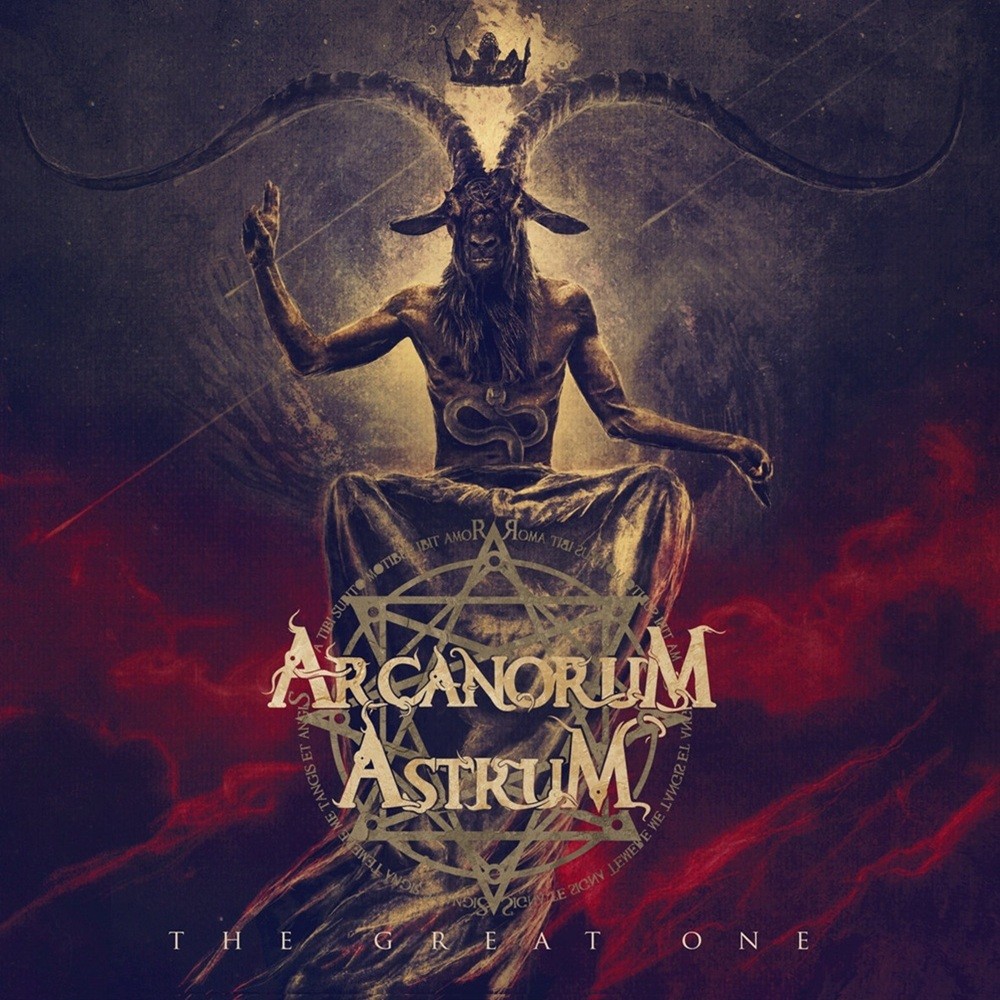
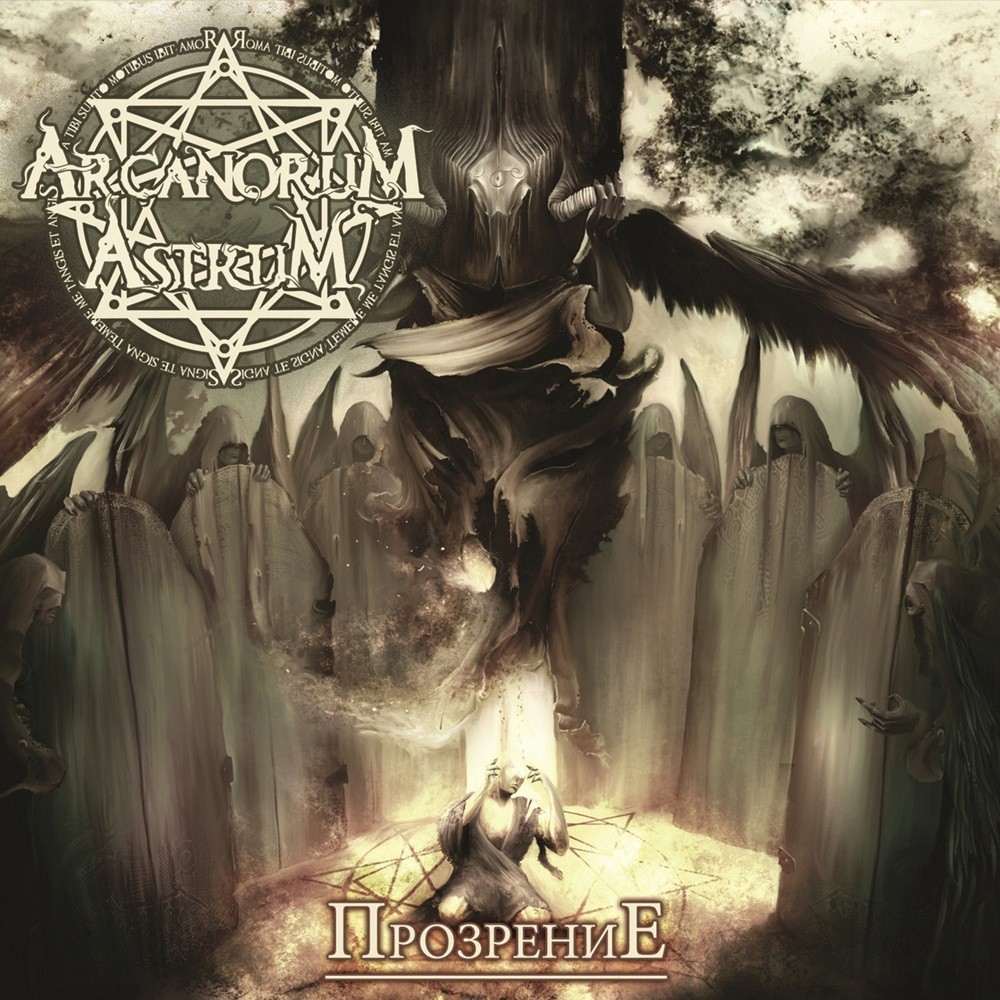
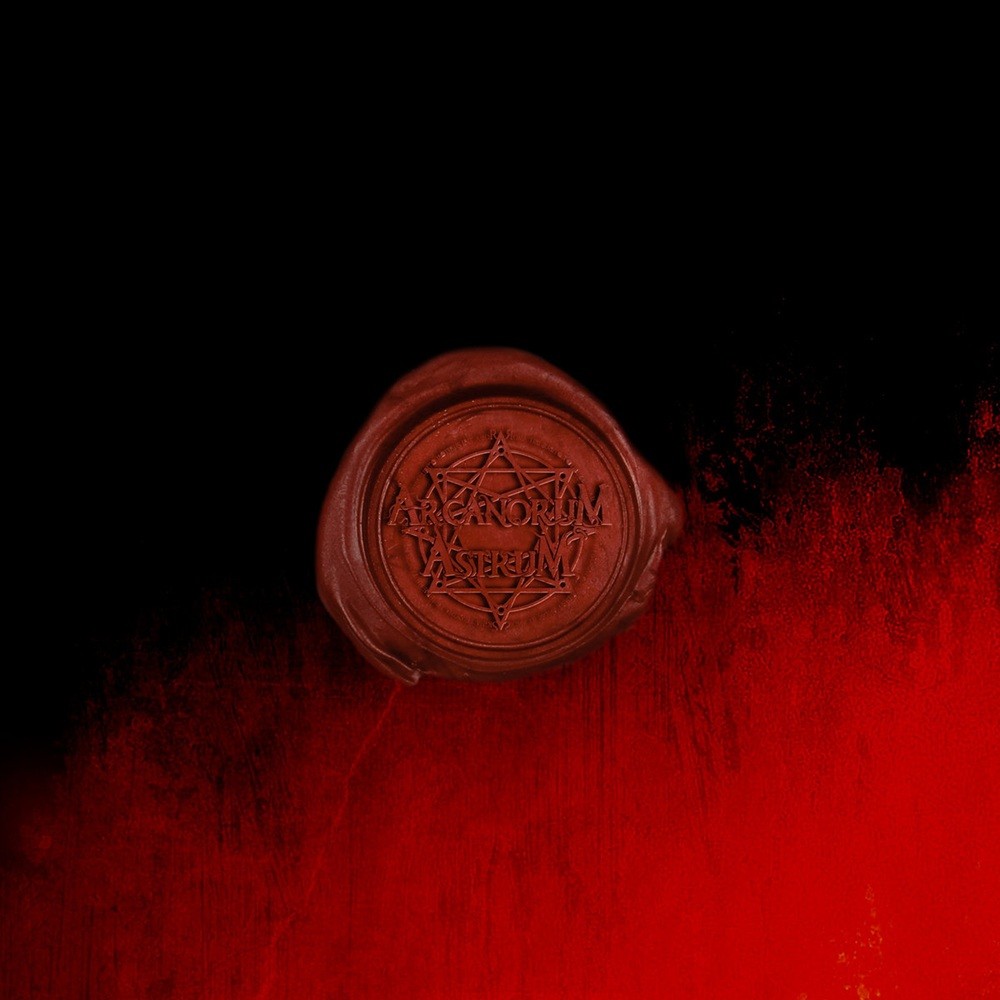
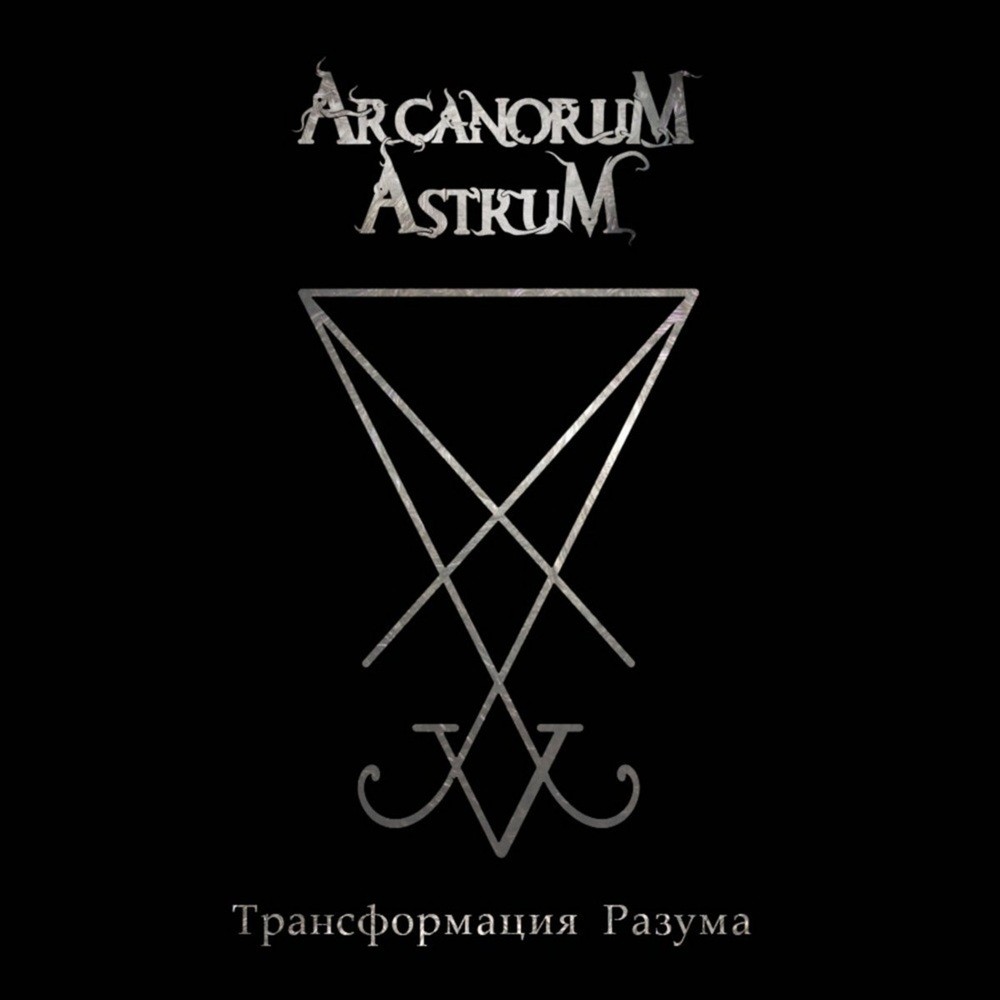
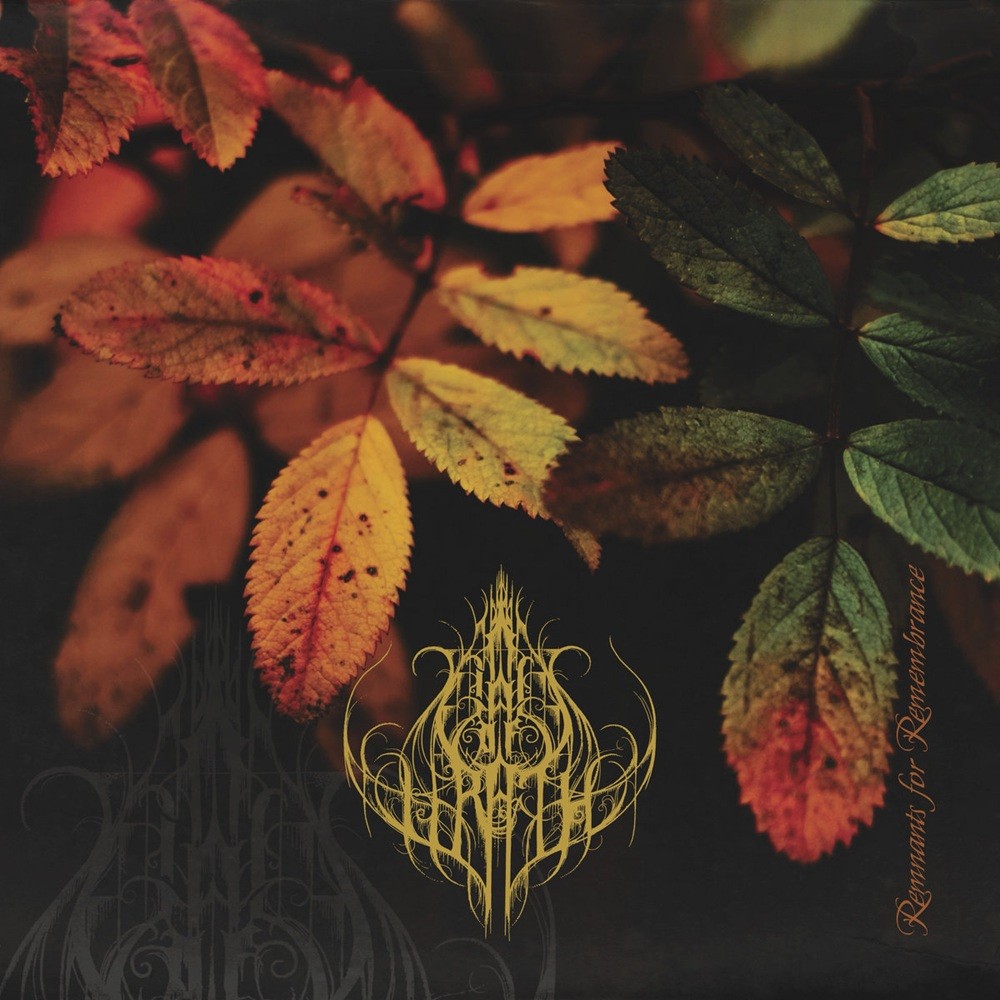
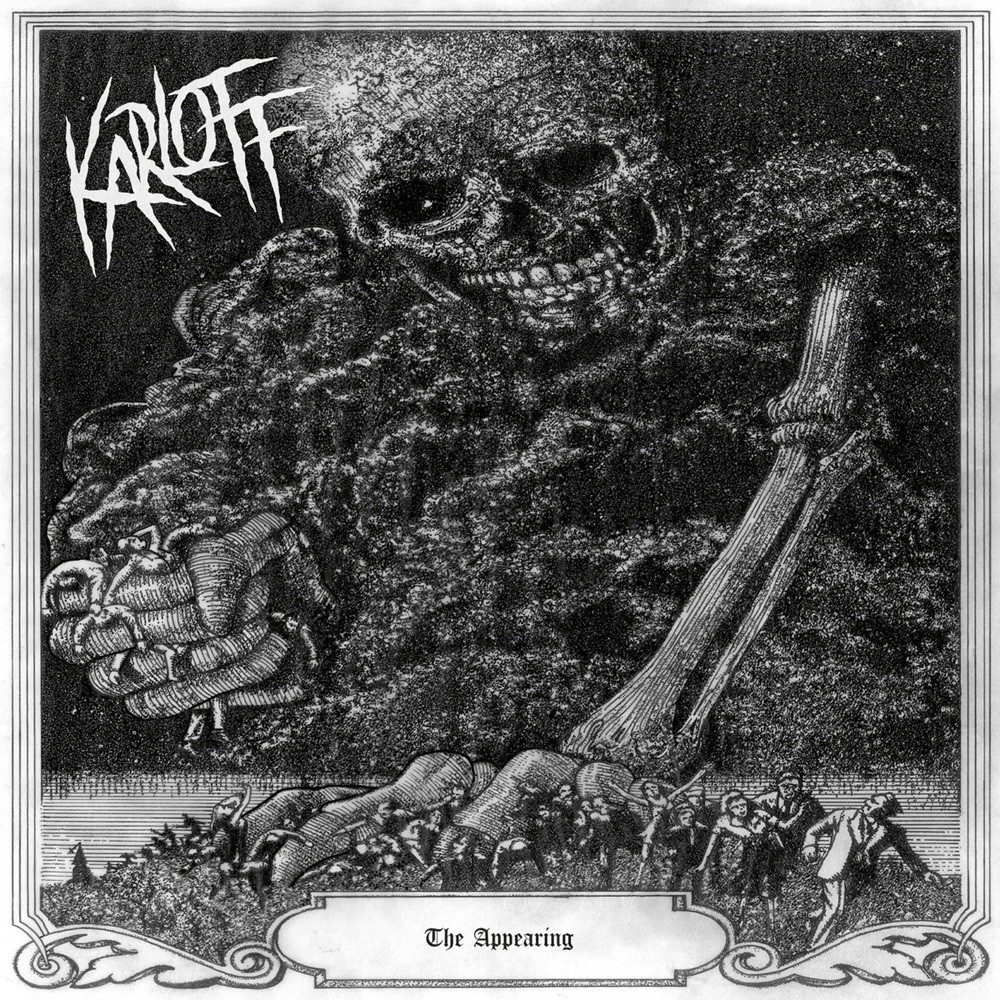
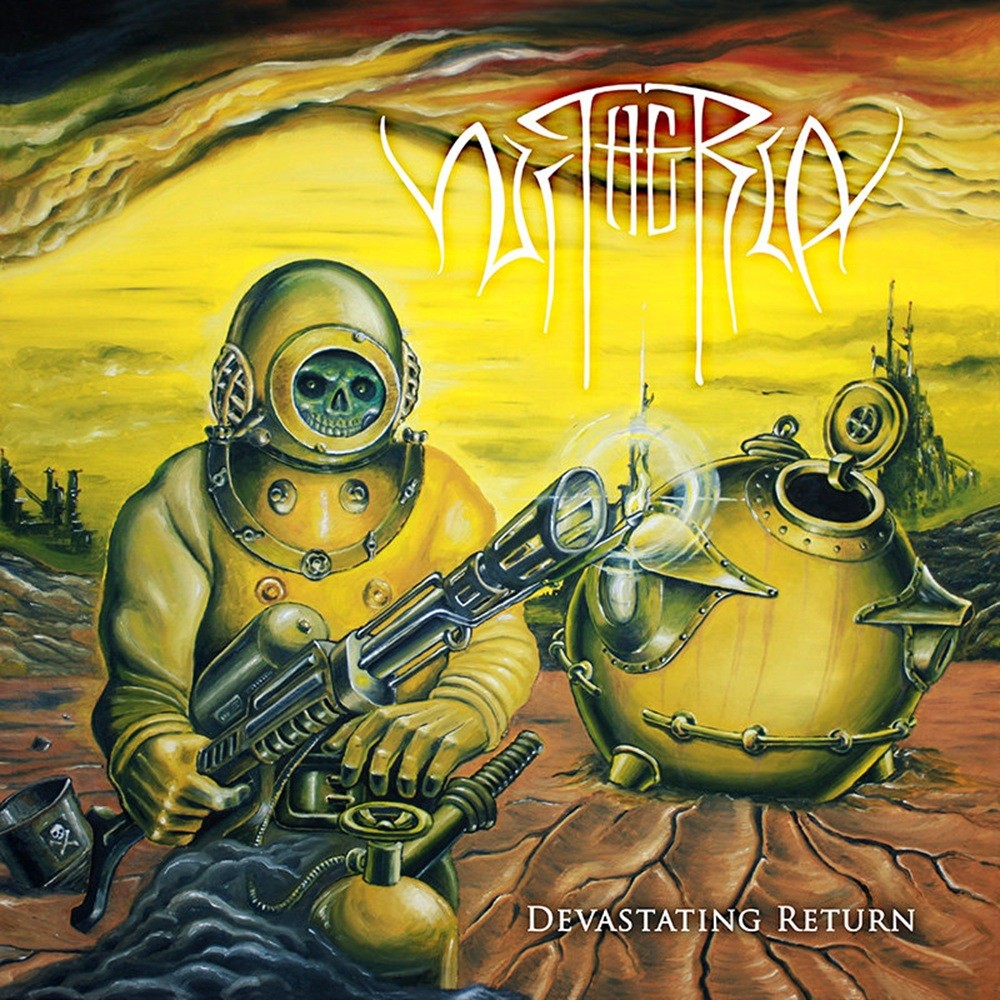
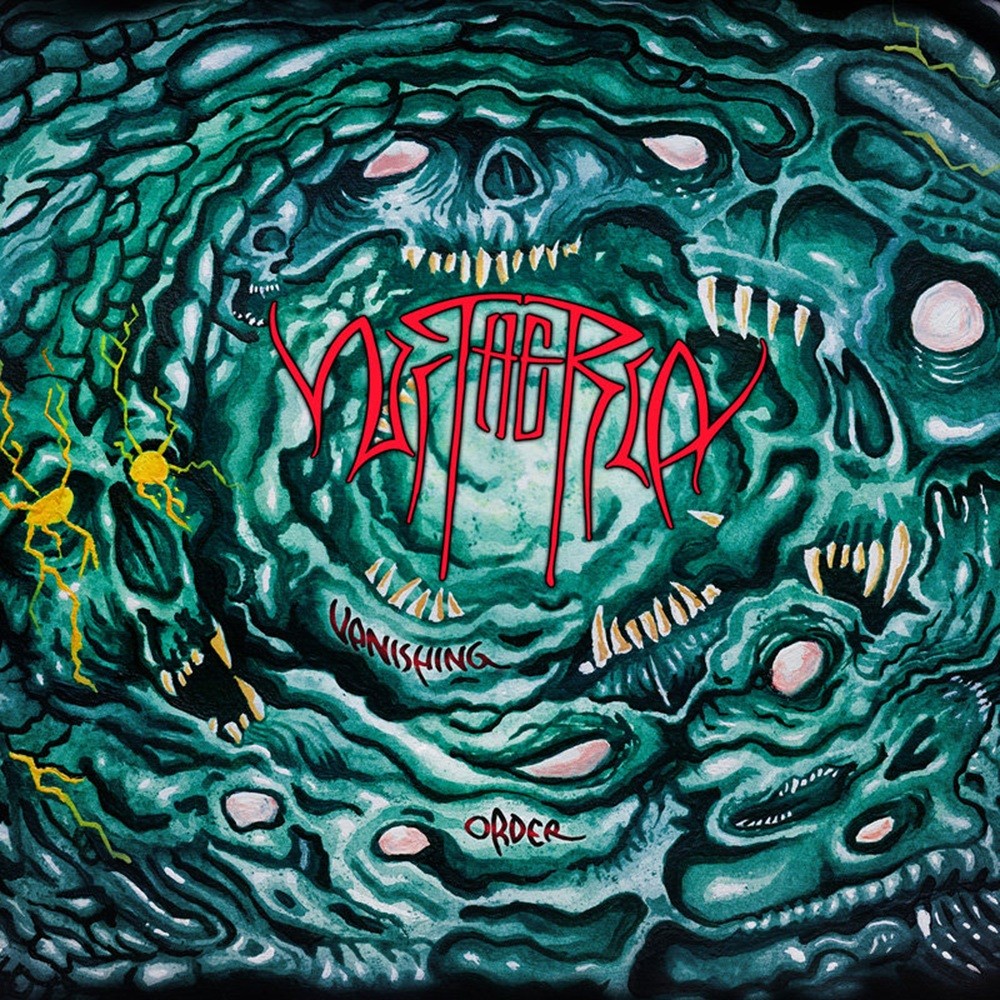
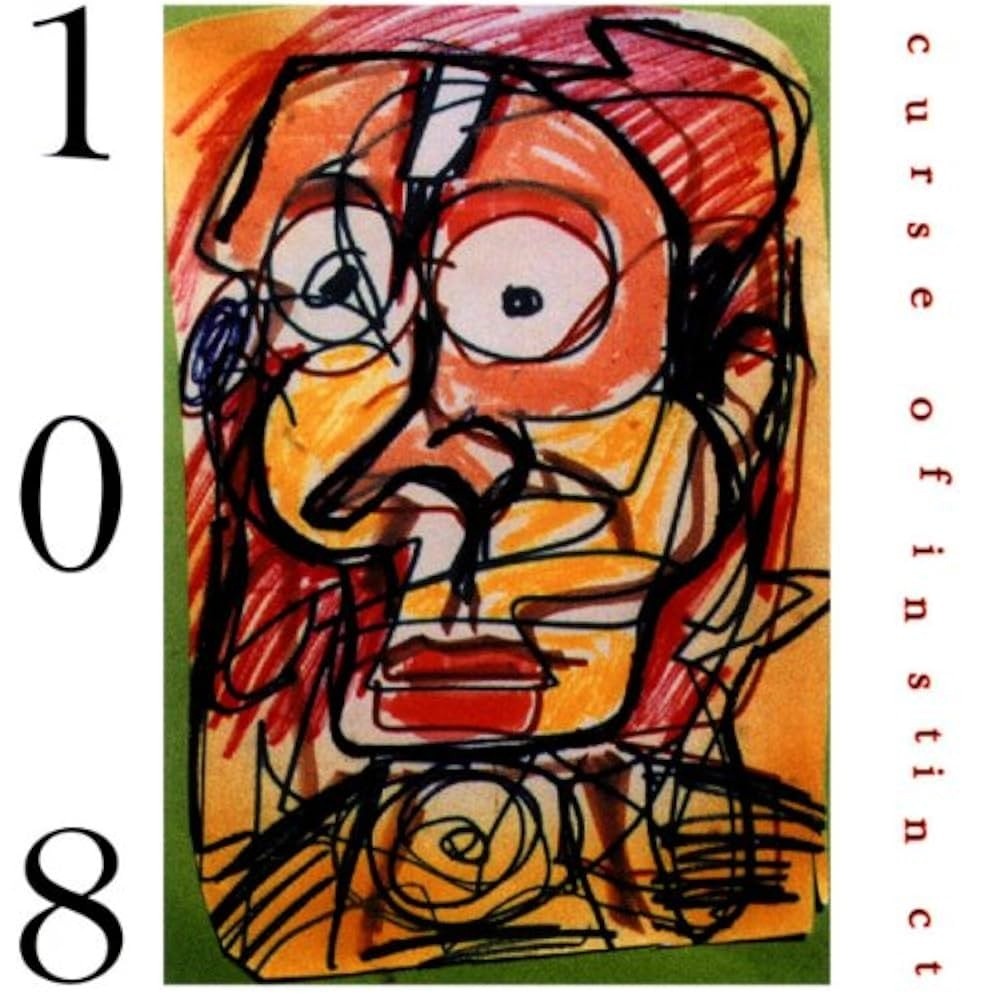
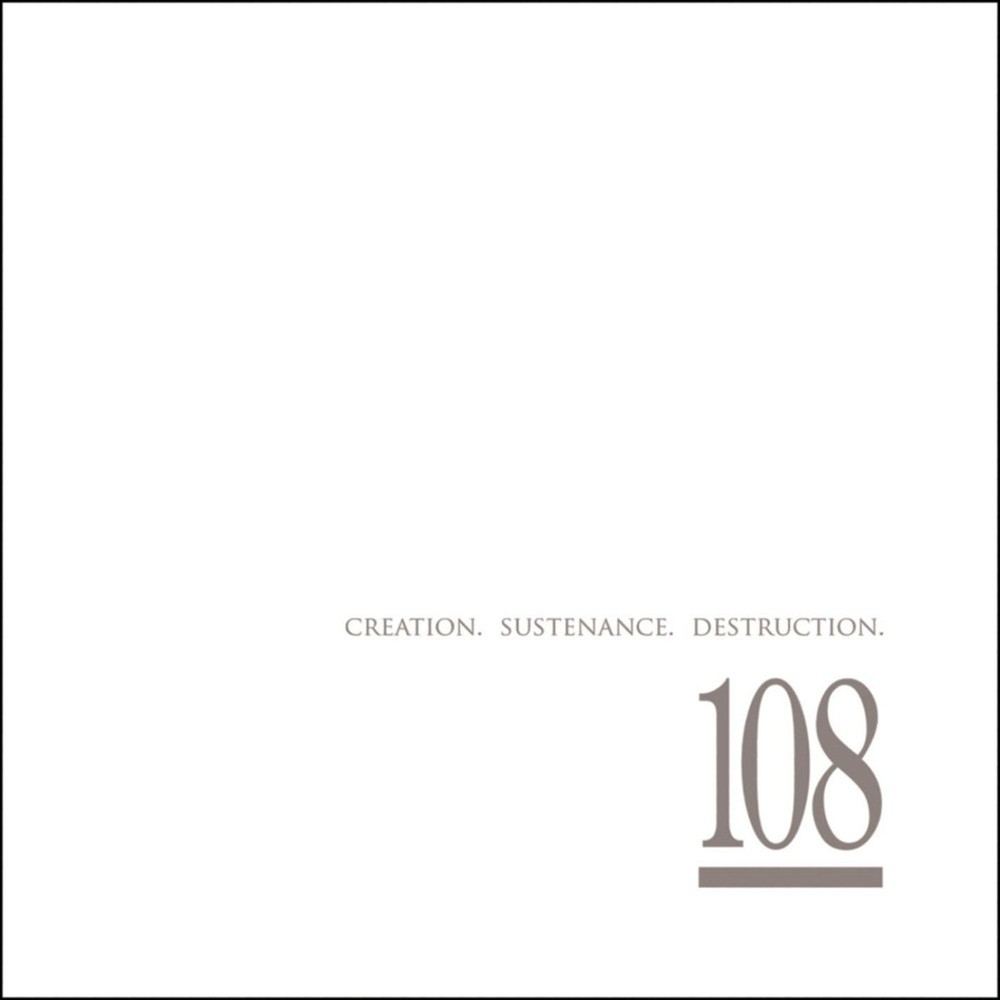
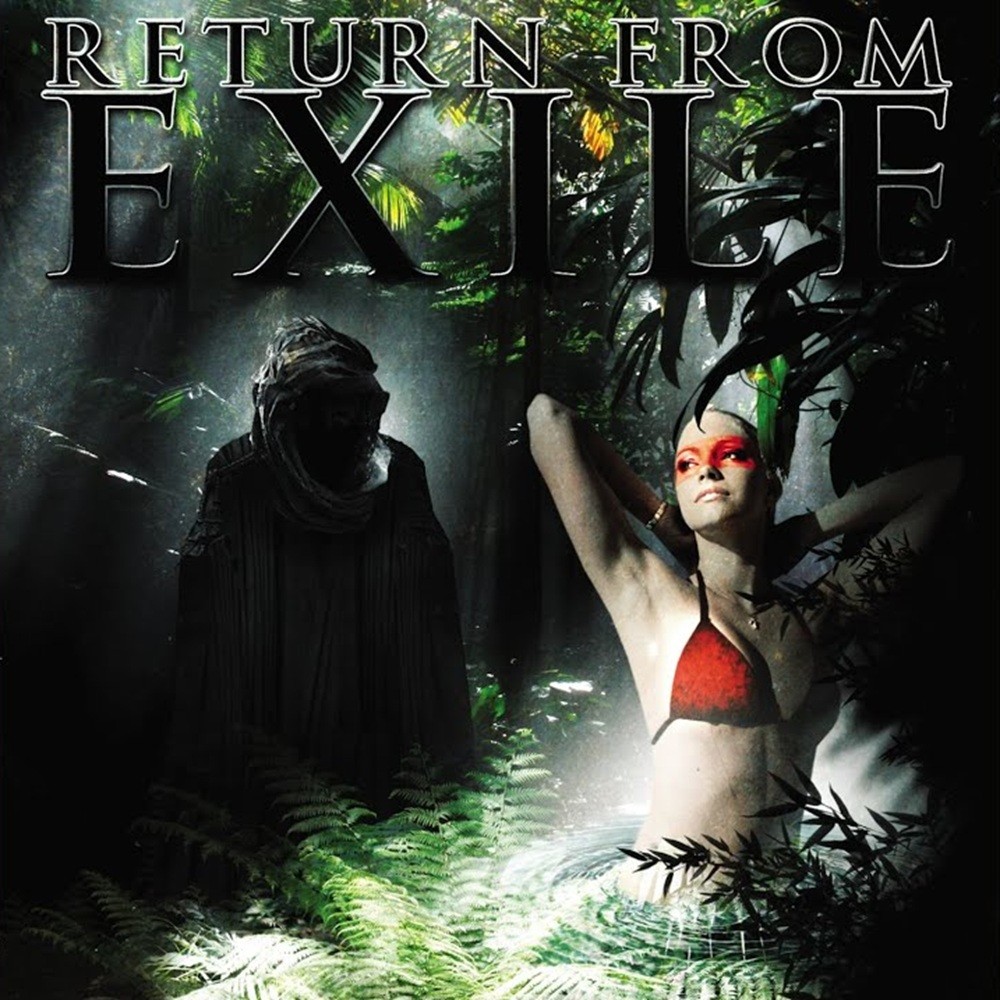
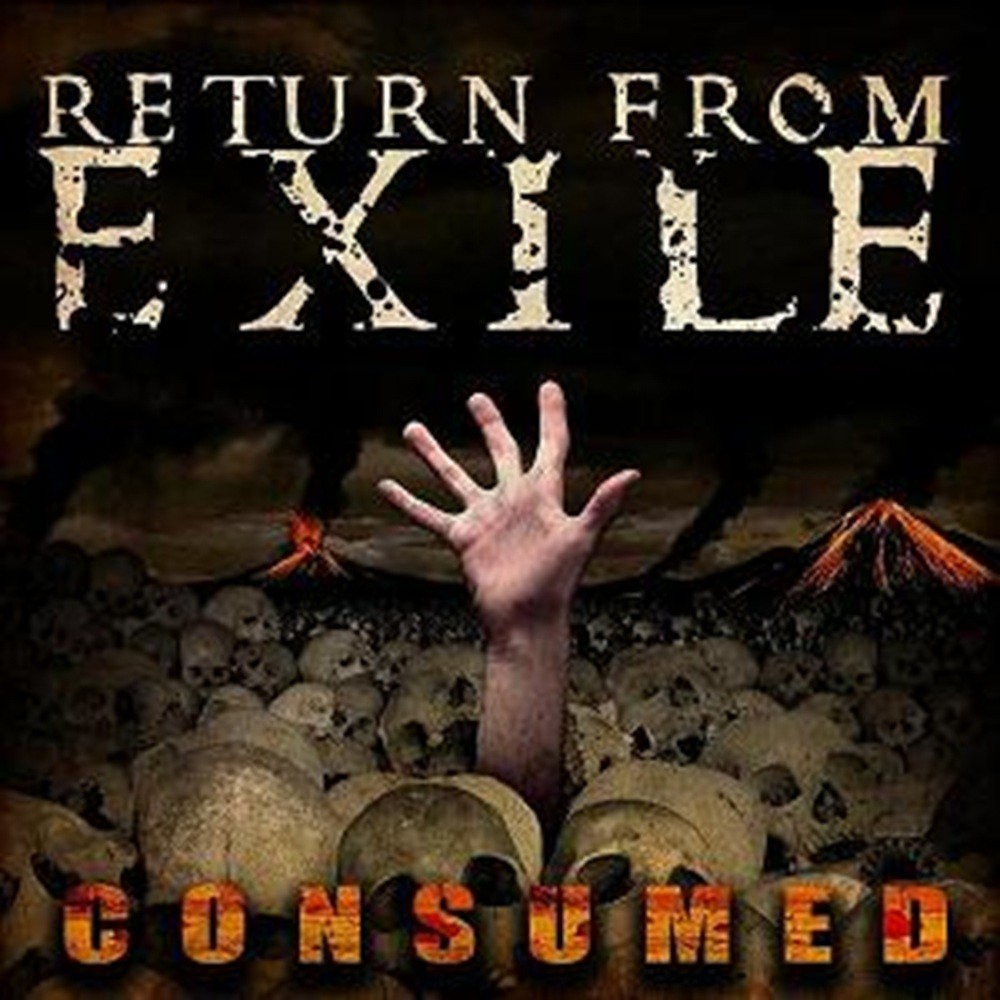
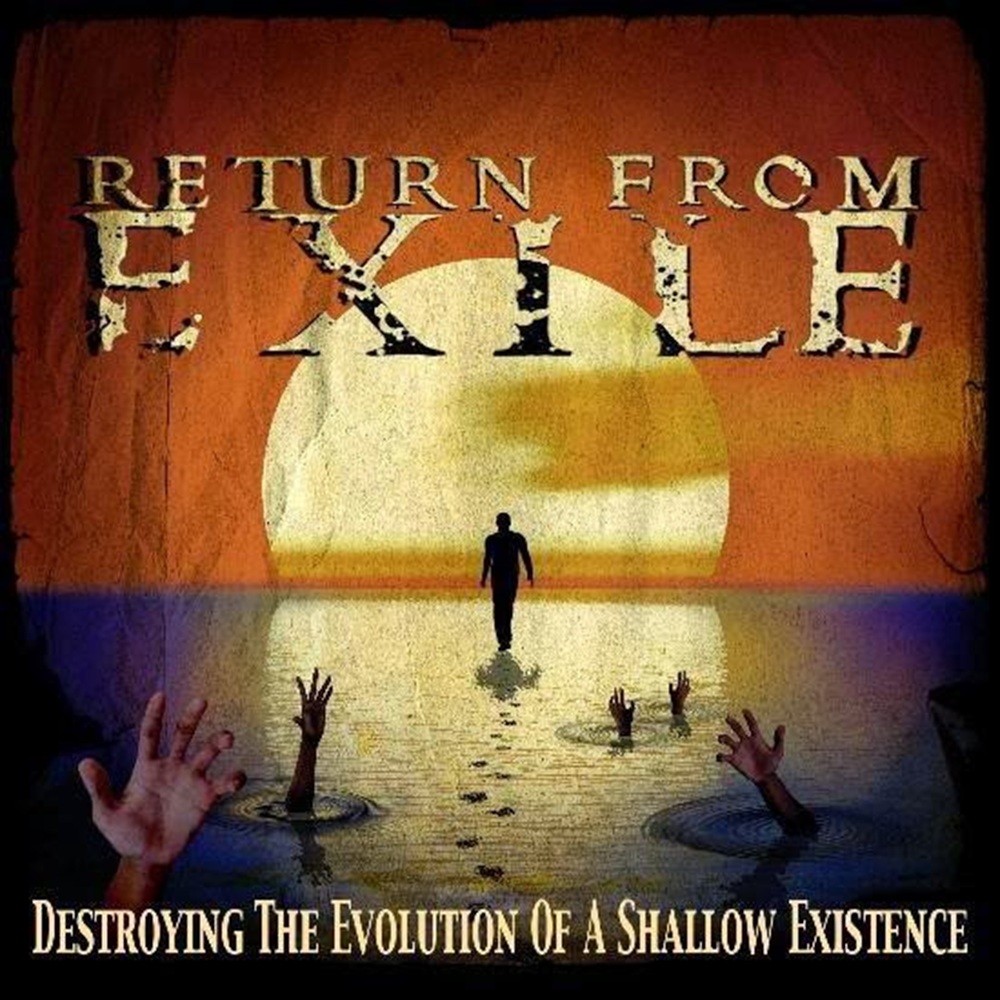
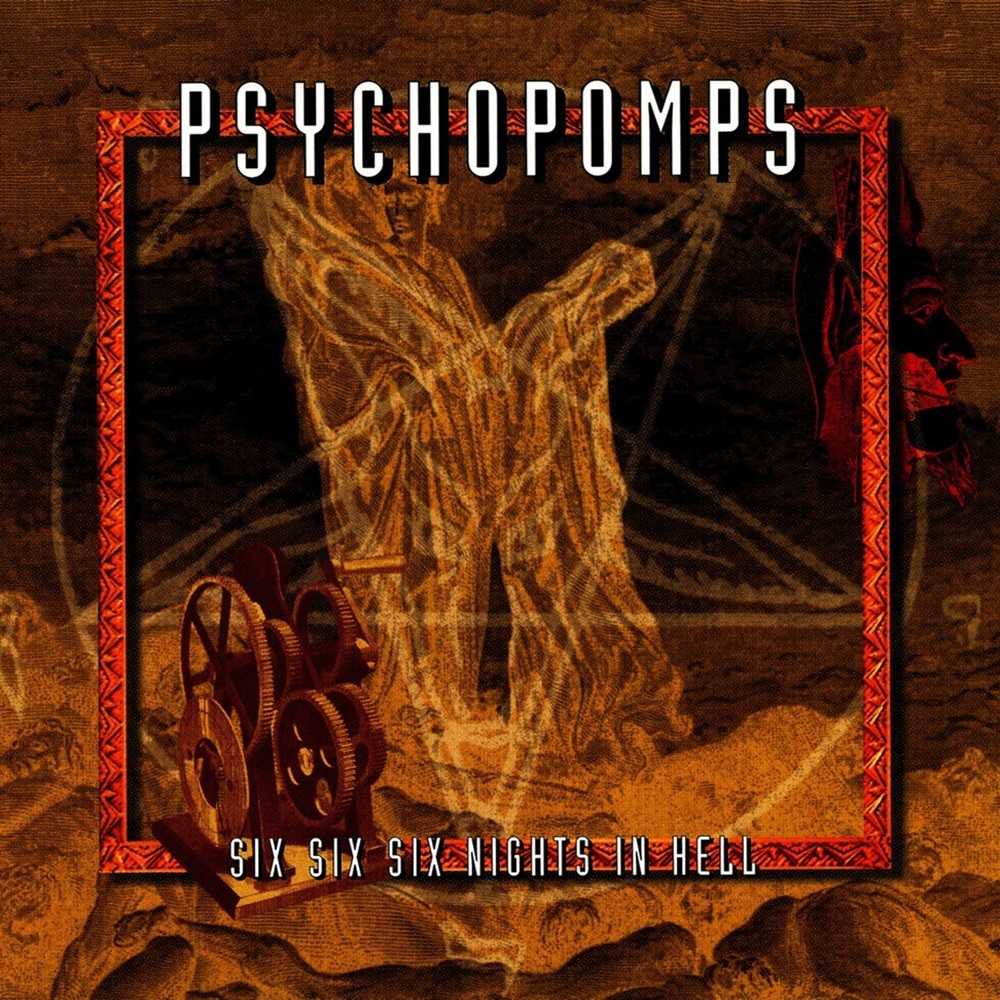
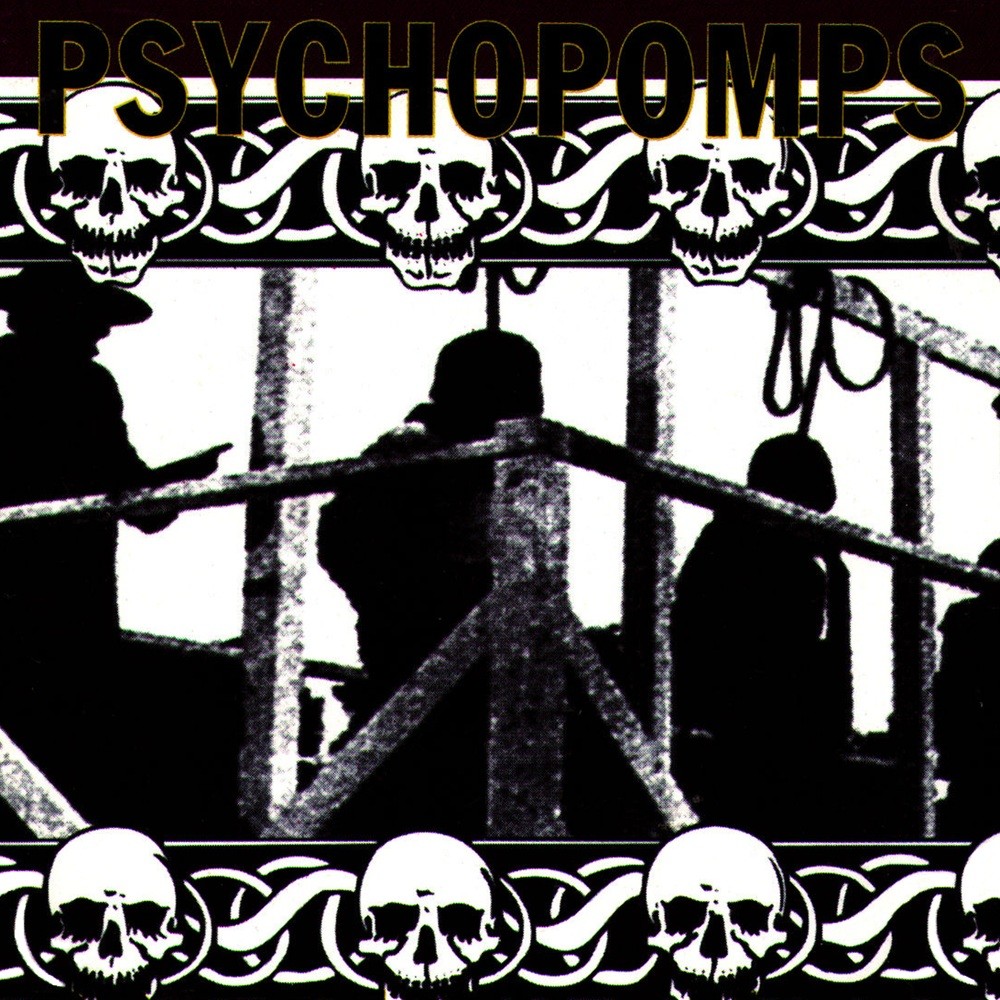
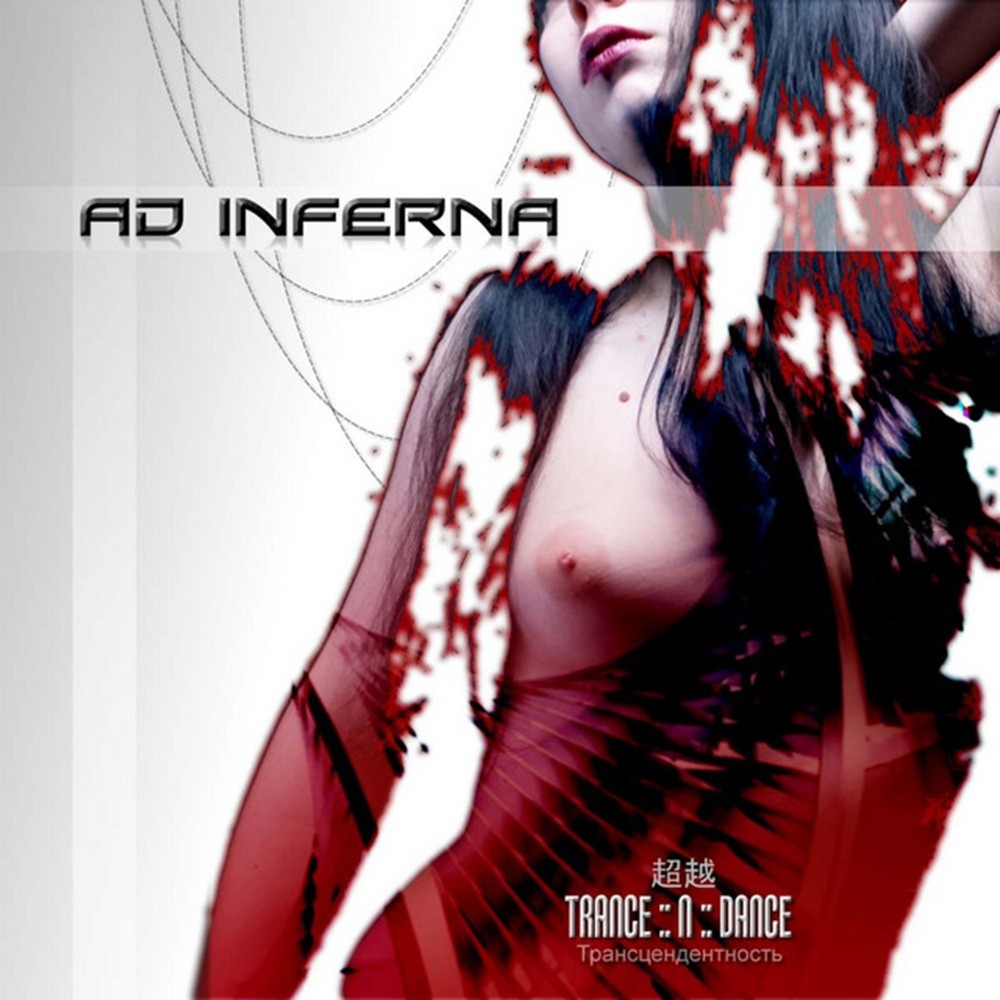
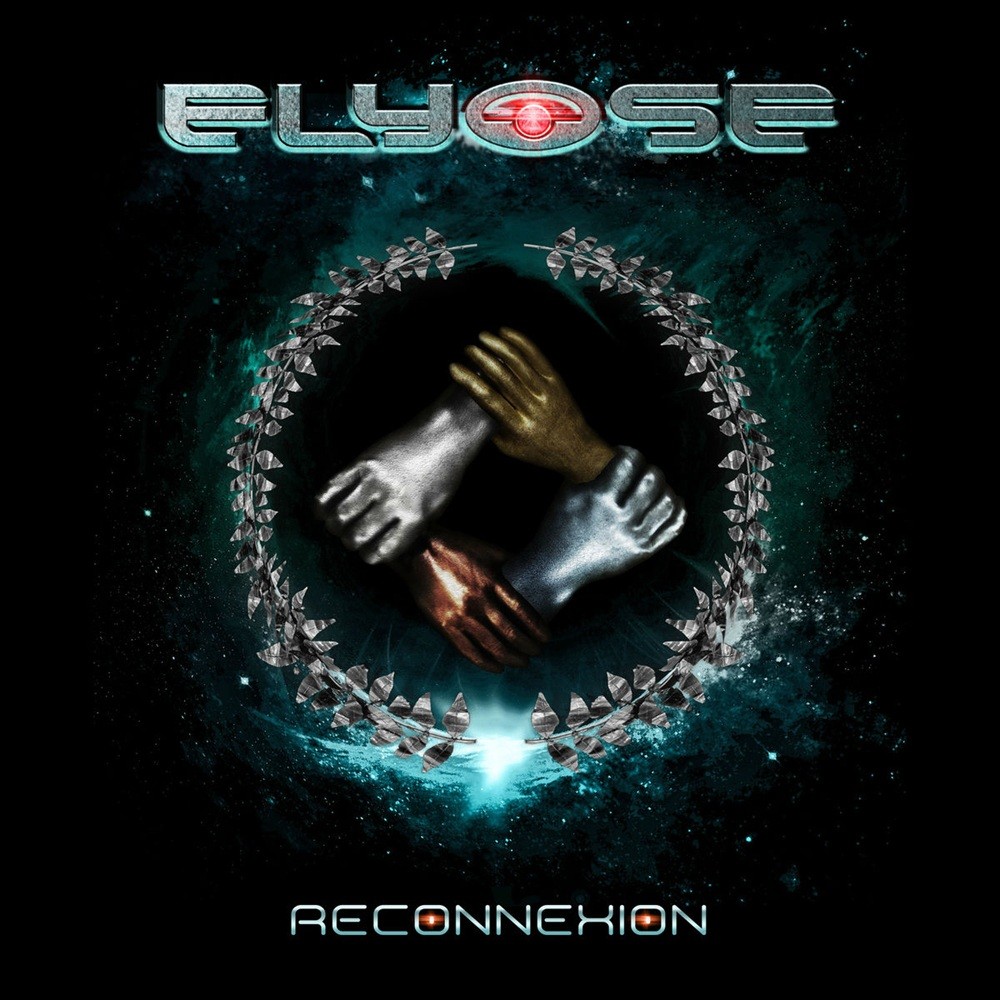
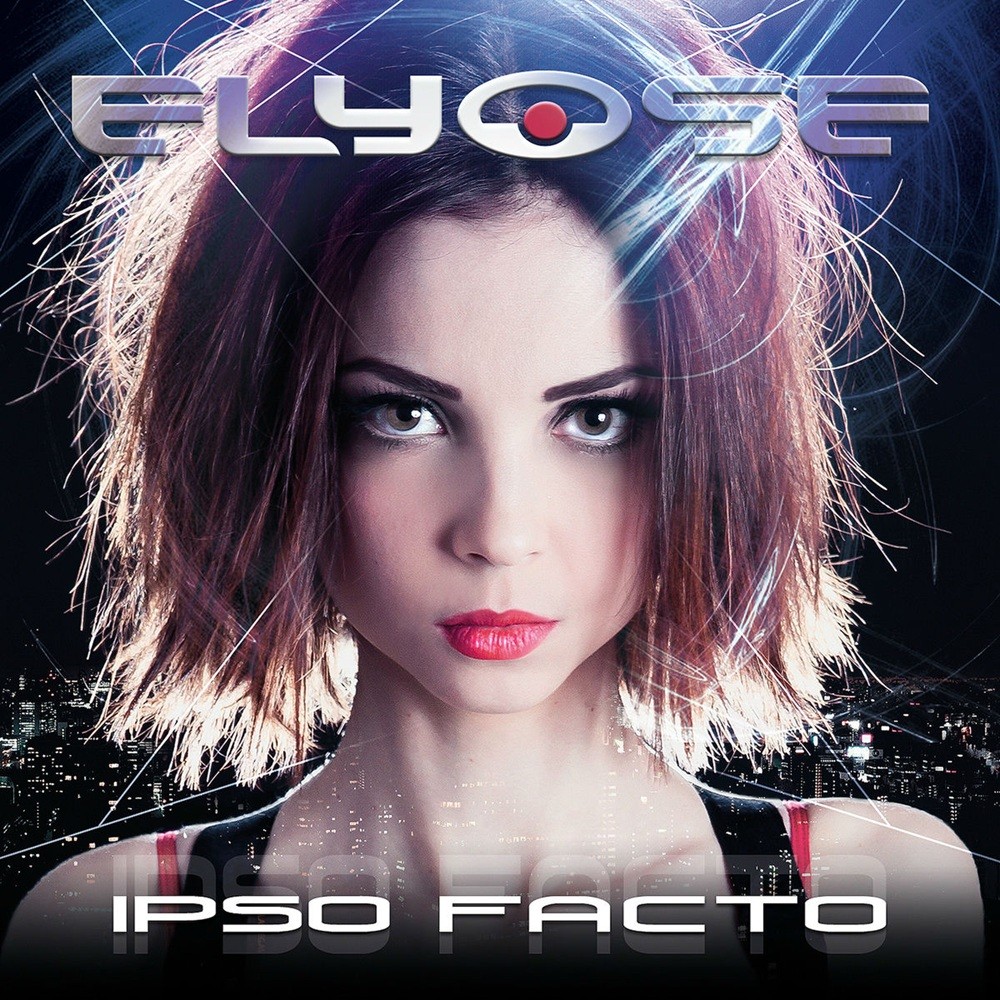









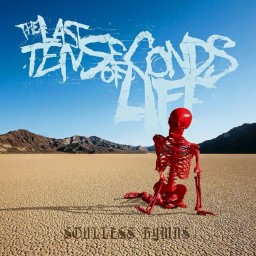
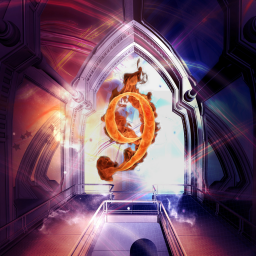 Shadowdoom9 (Andi)
Shadowdoom9 (Andi)
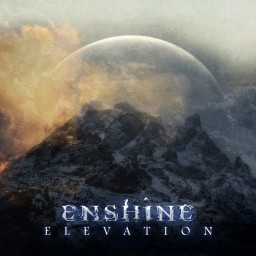
 Saxy S
Saxy S
